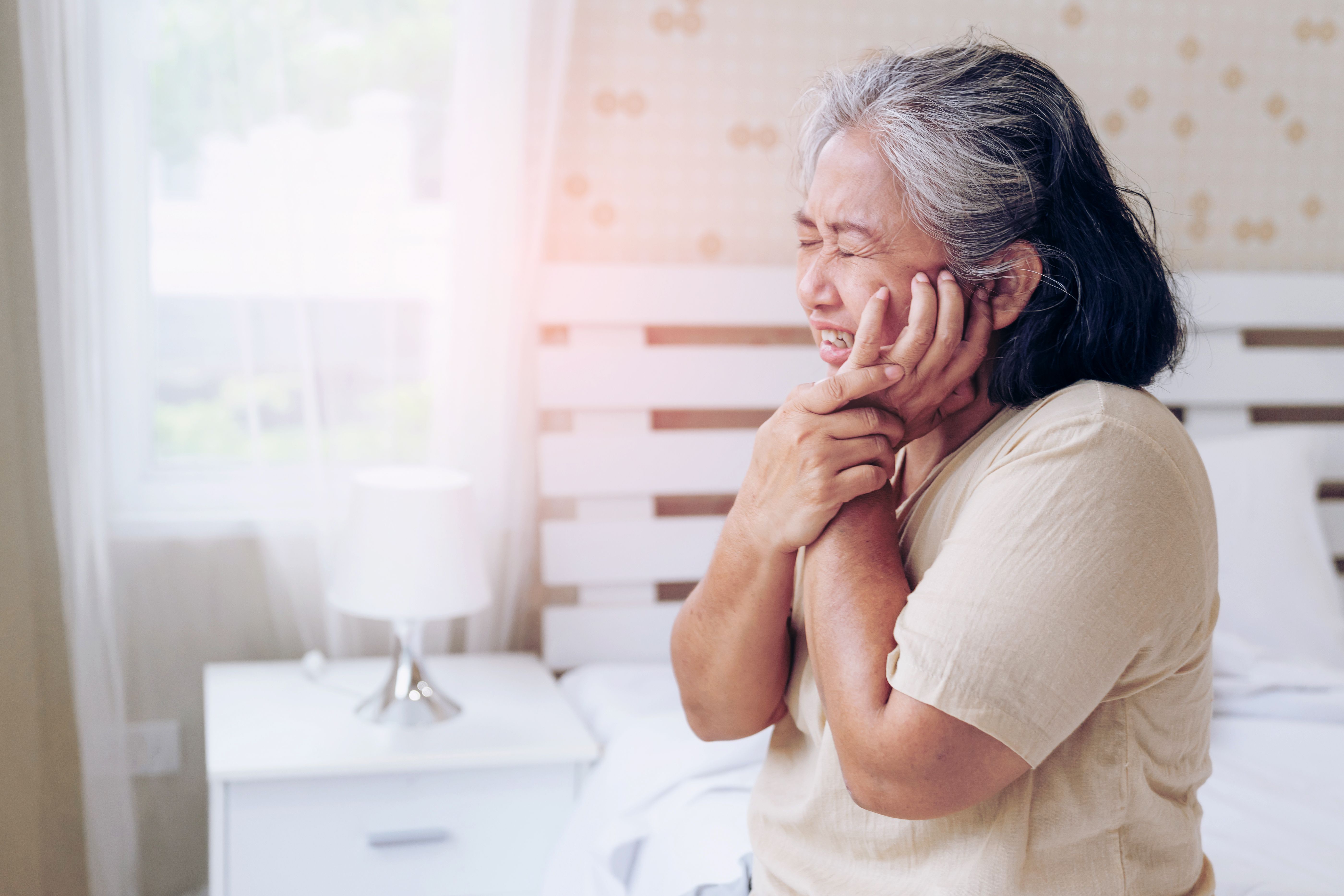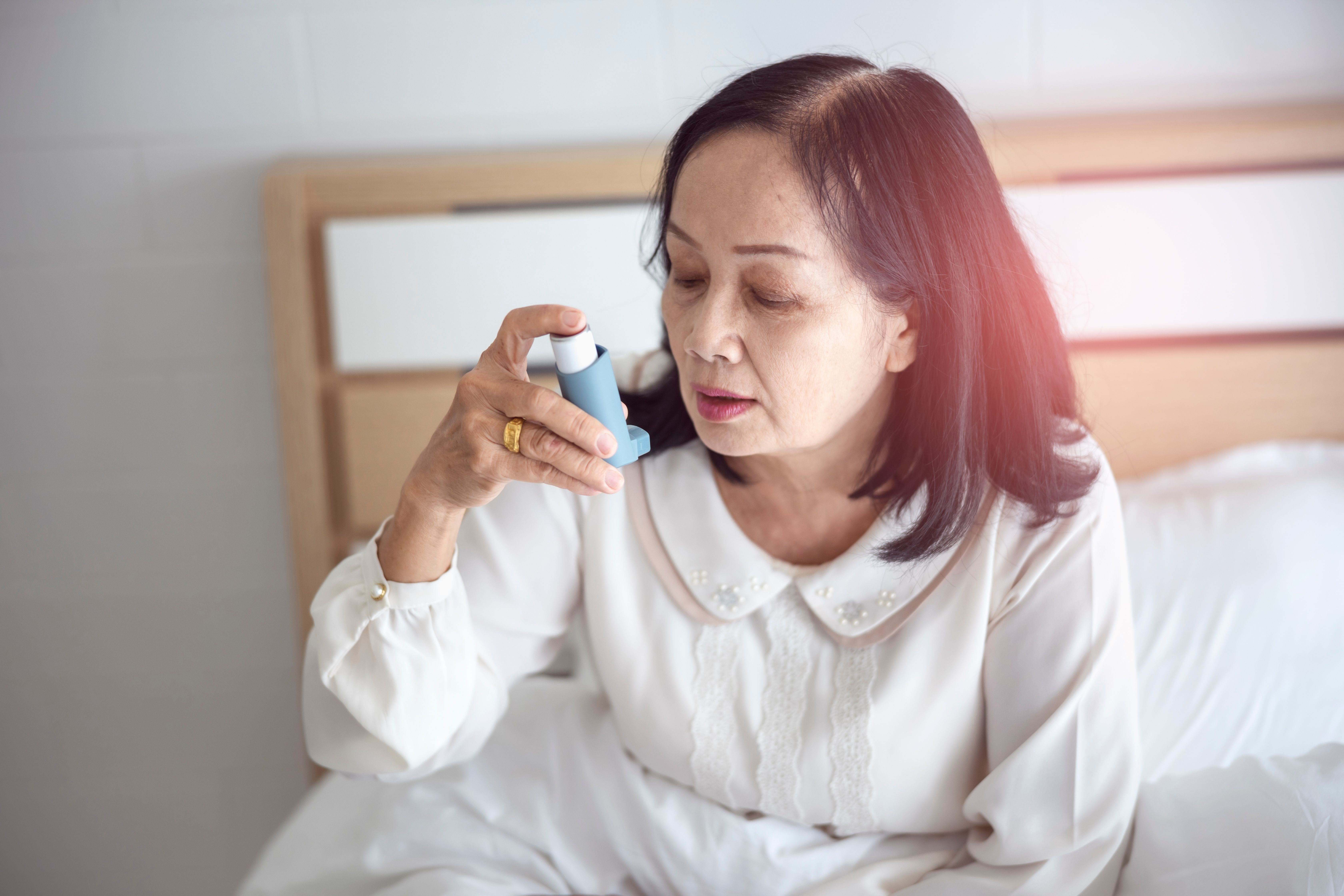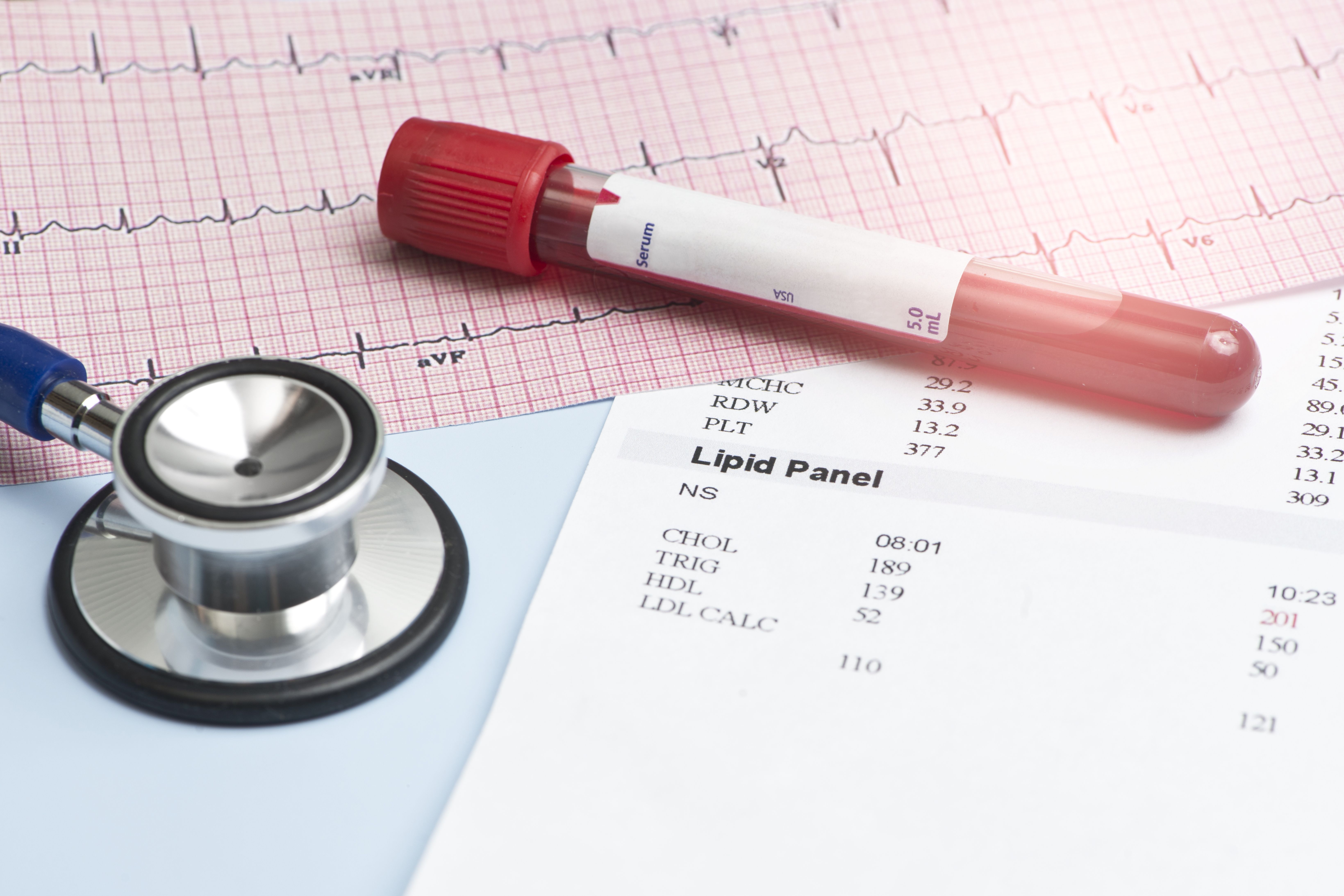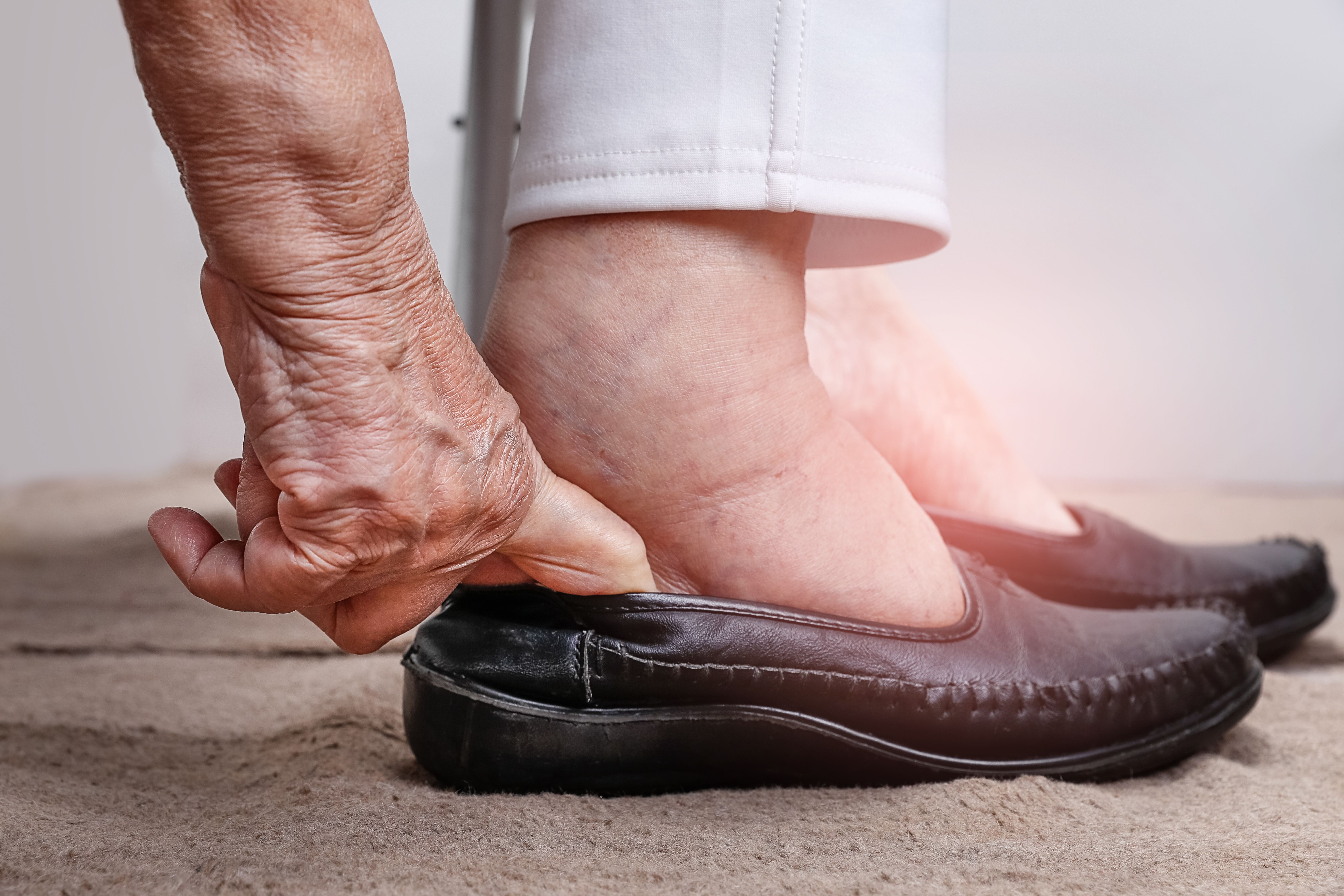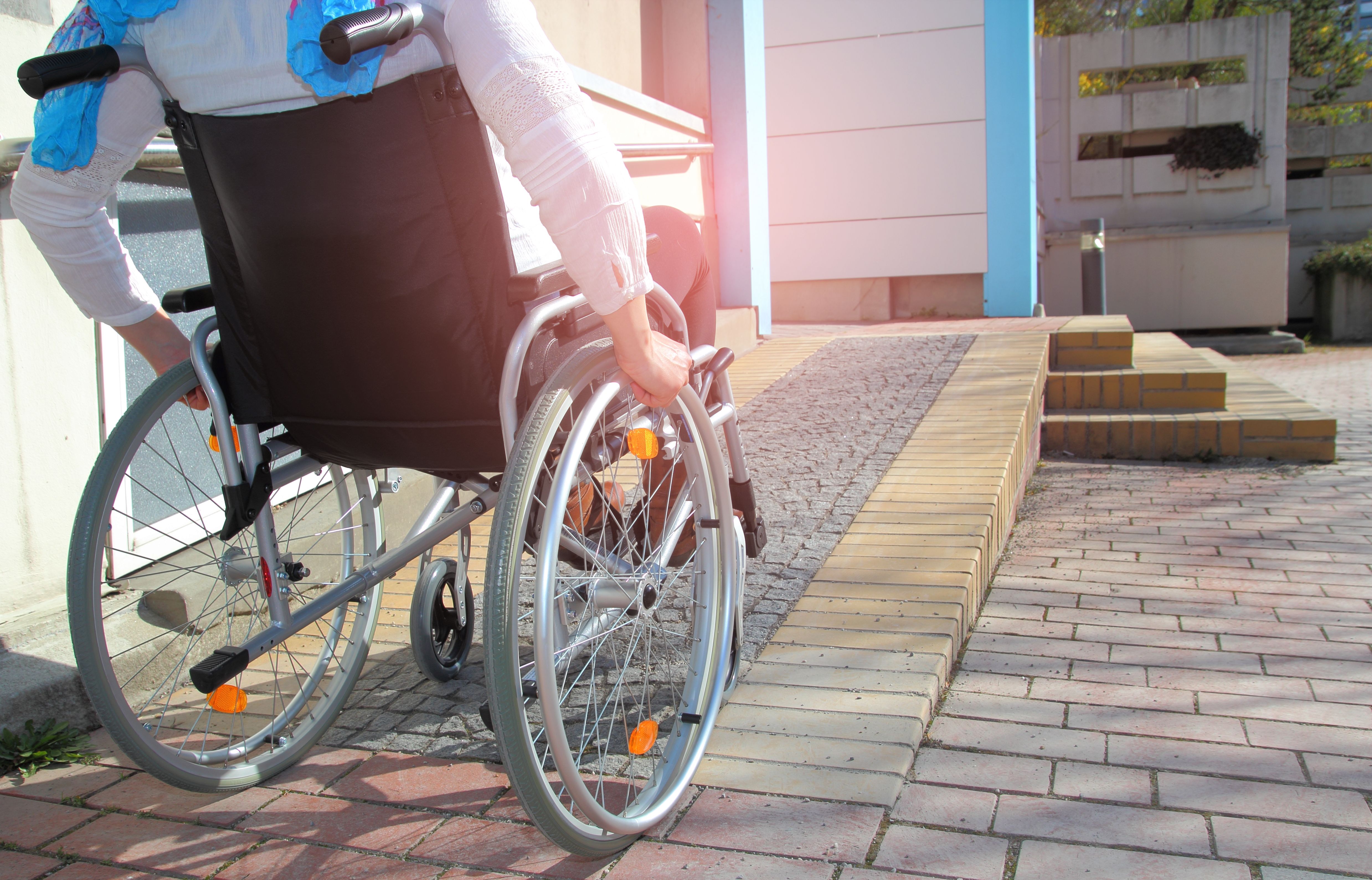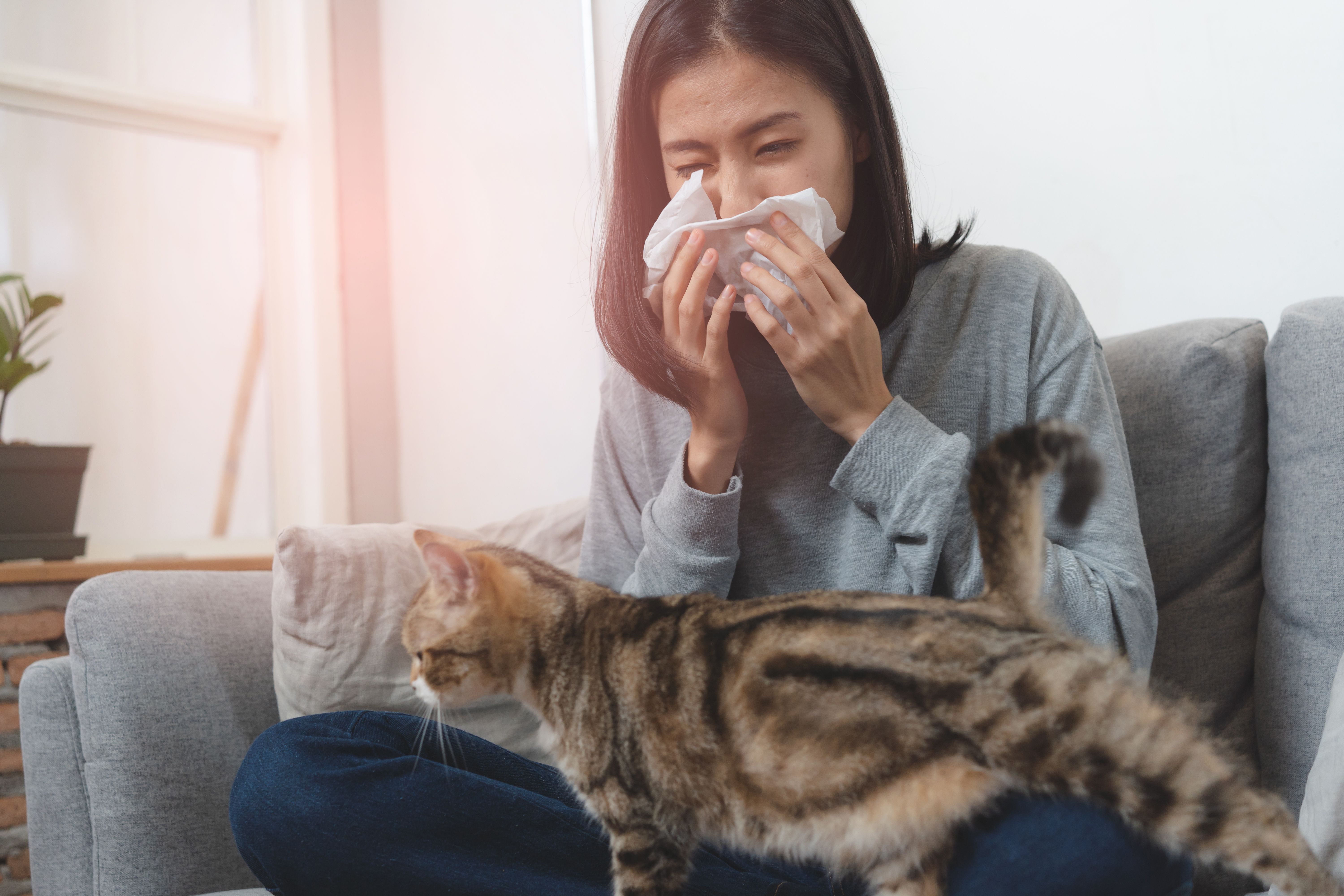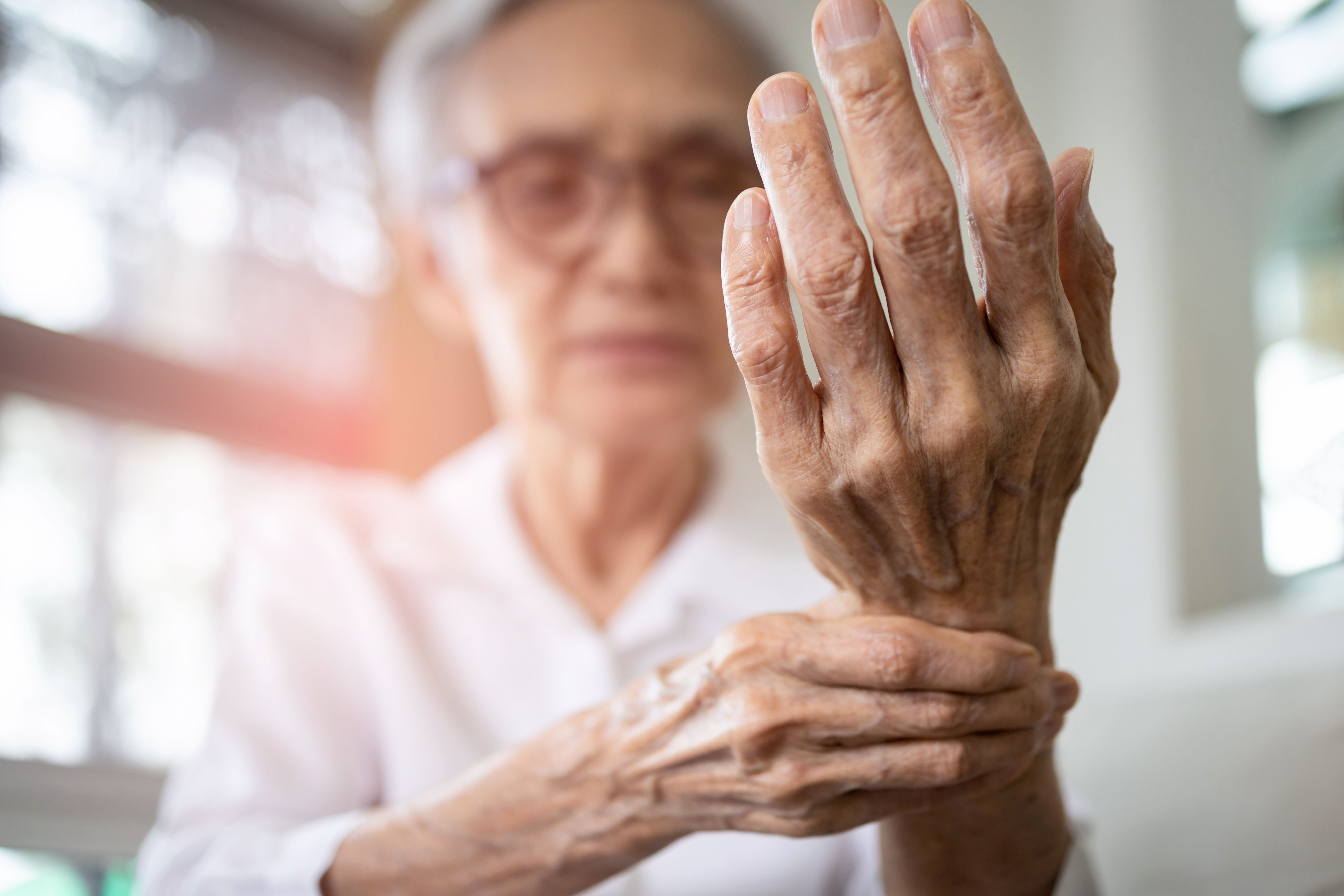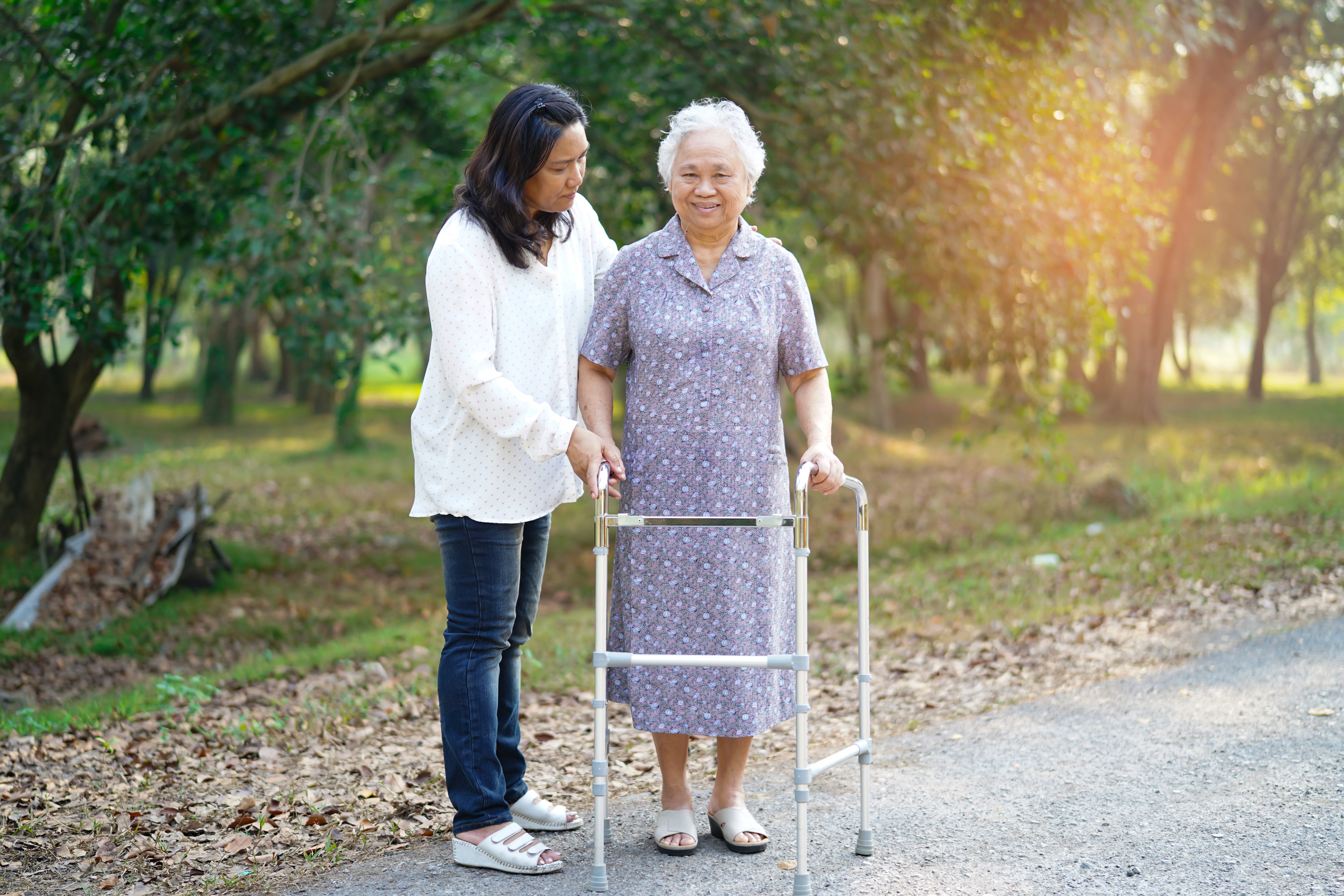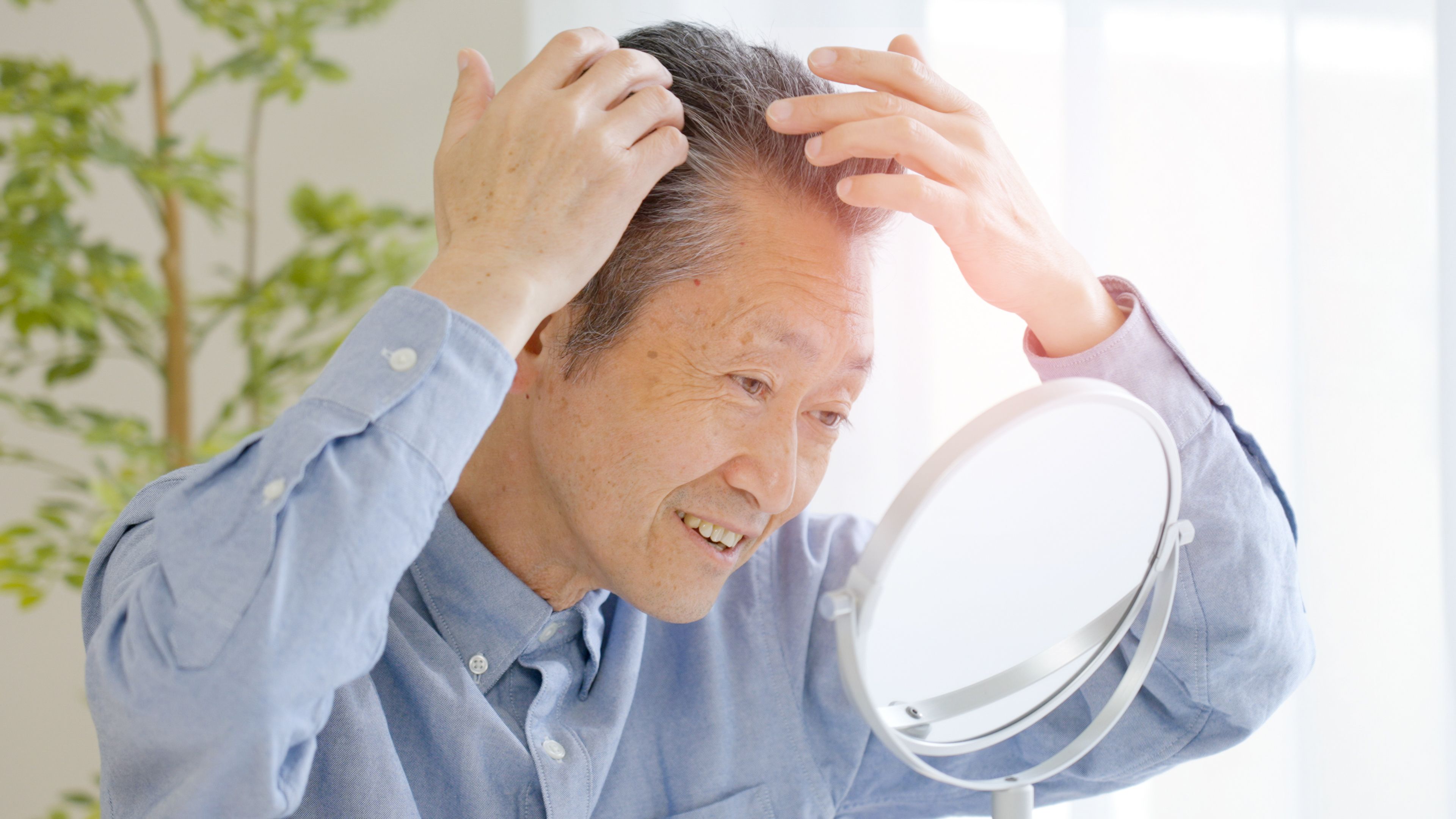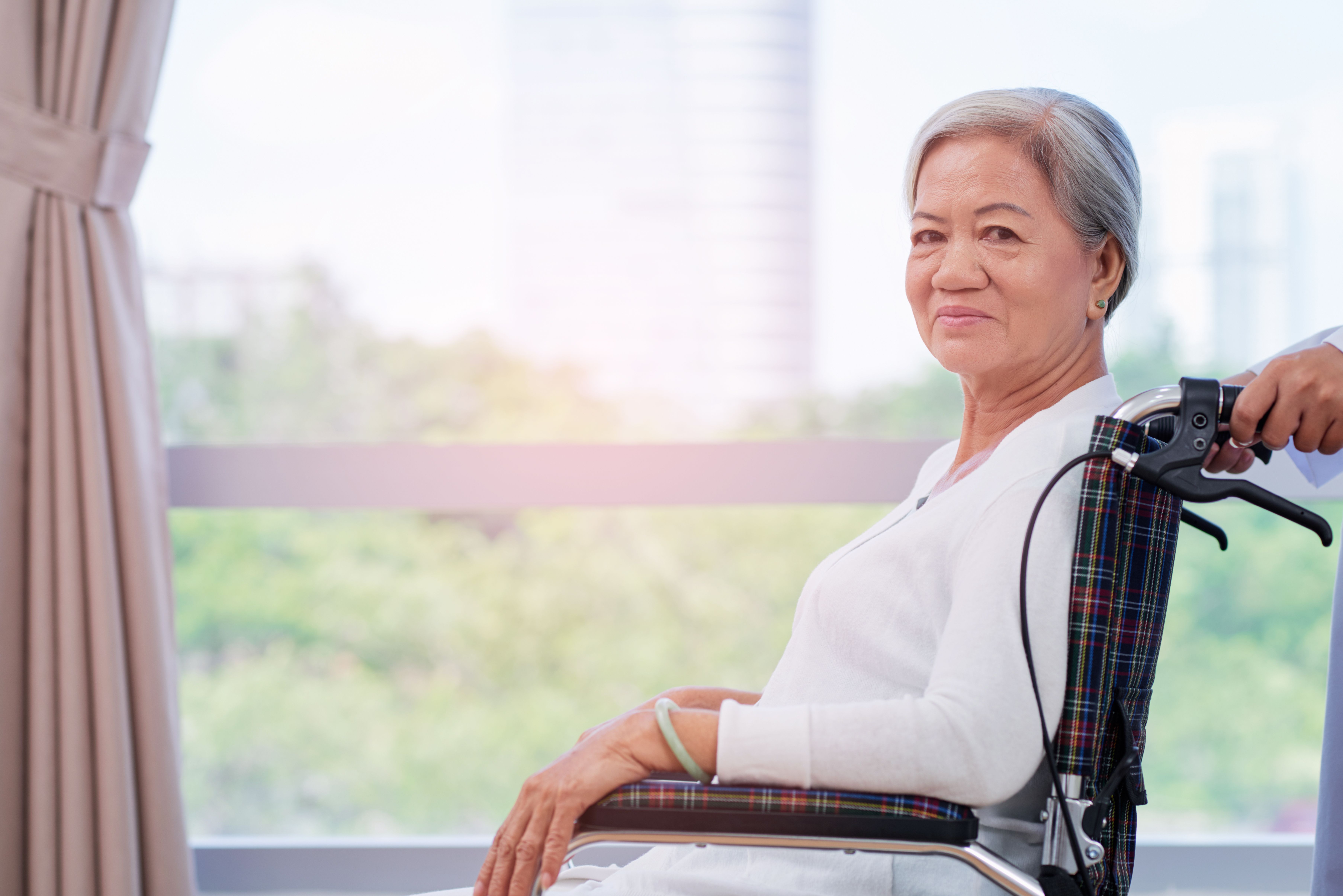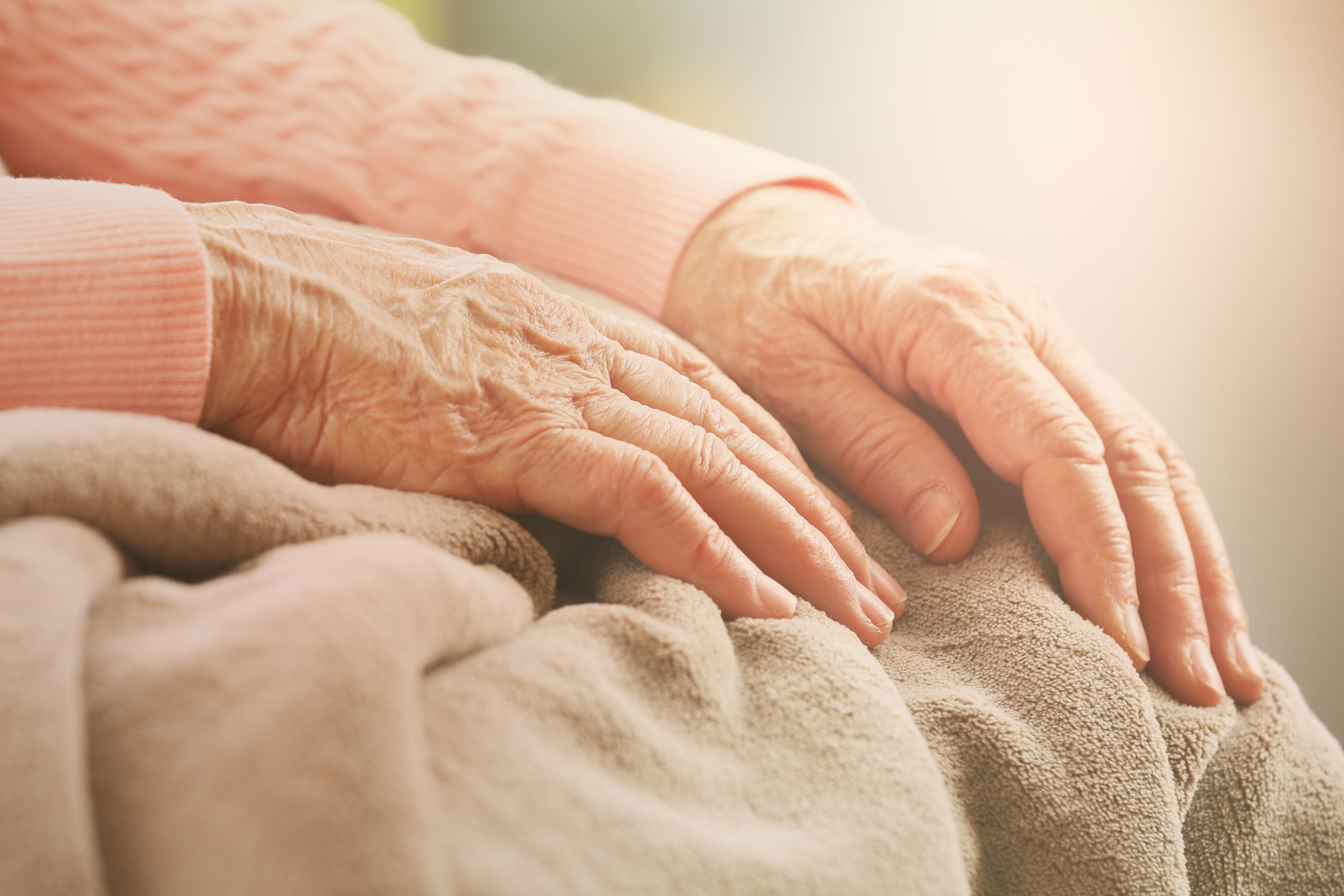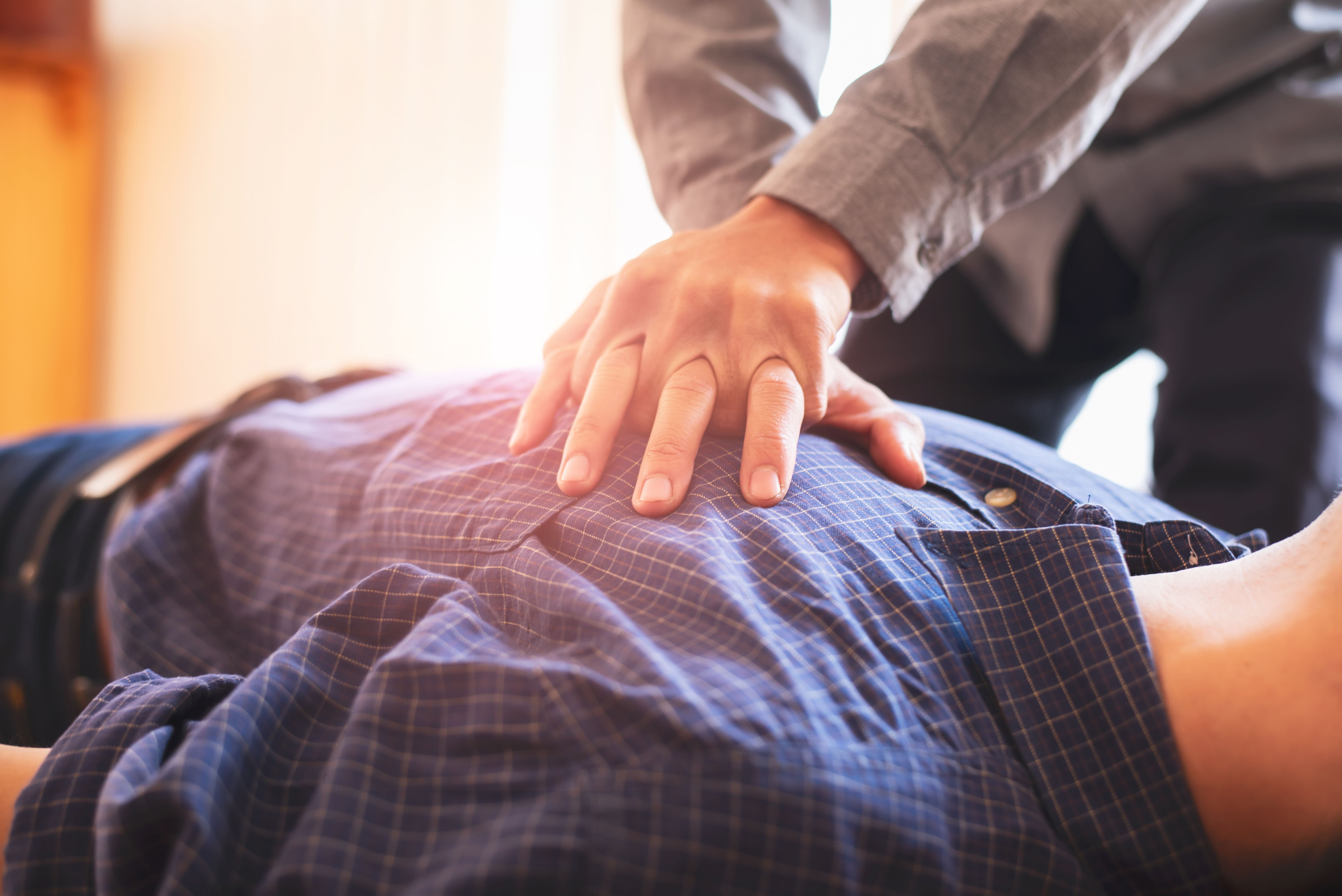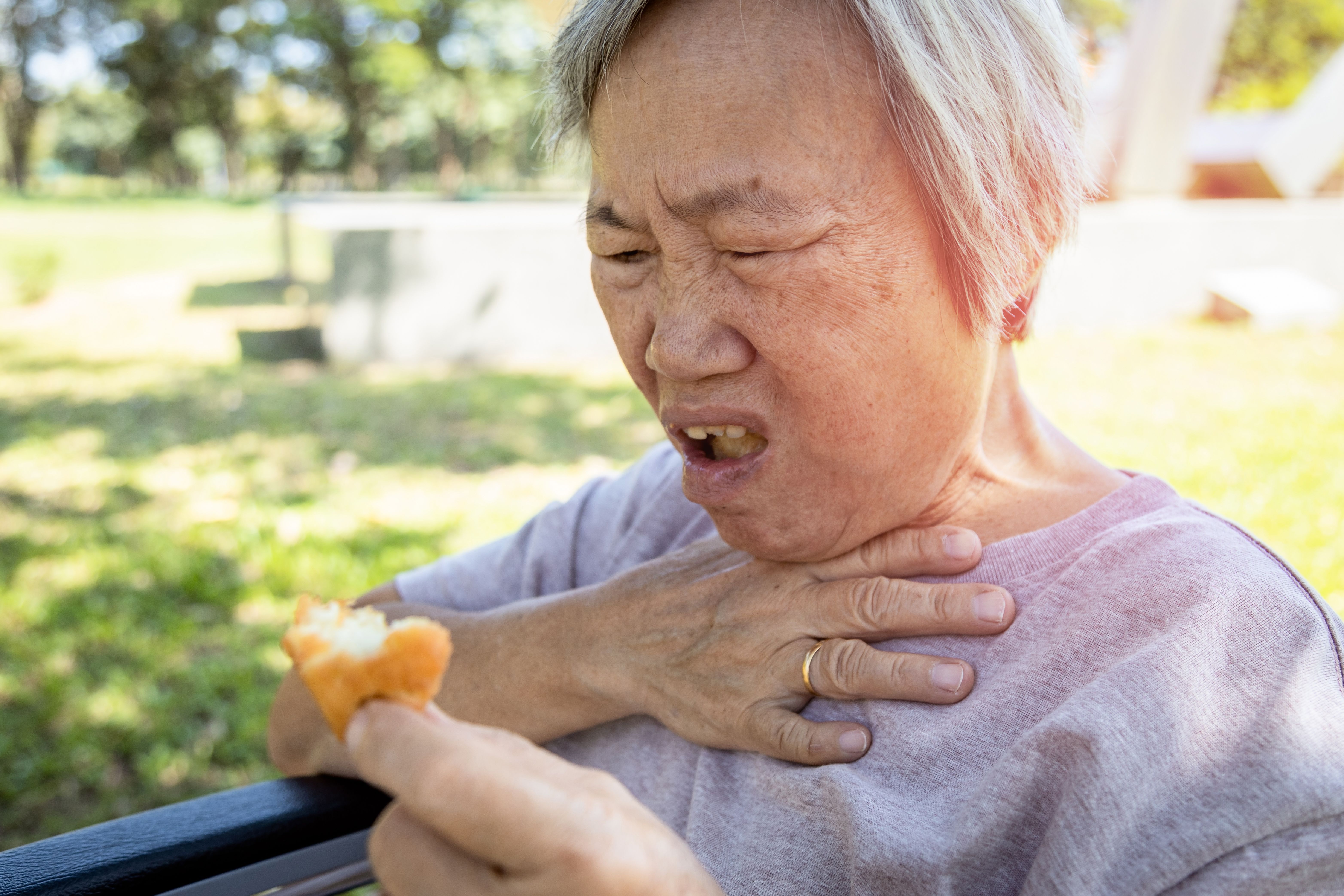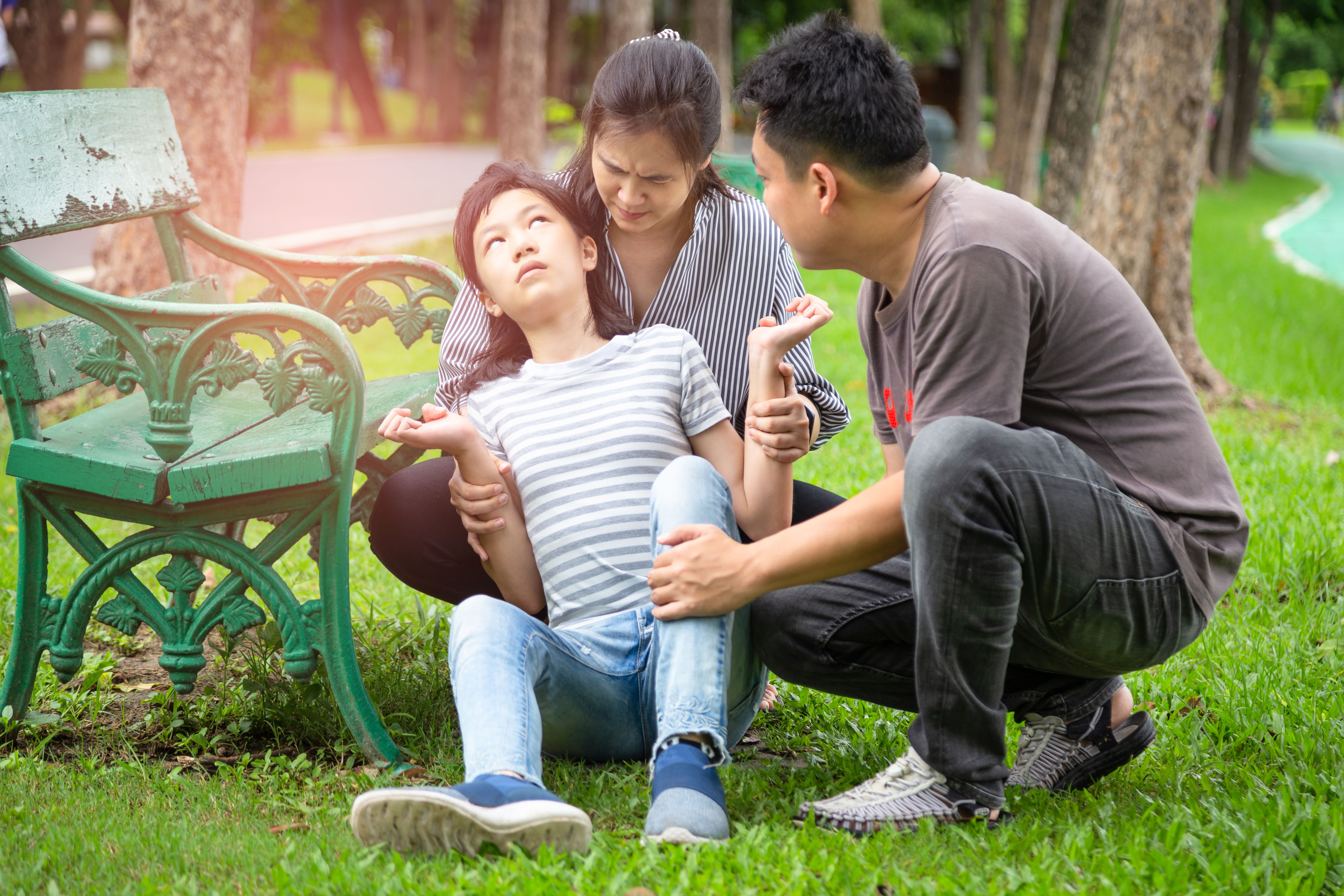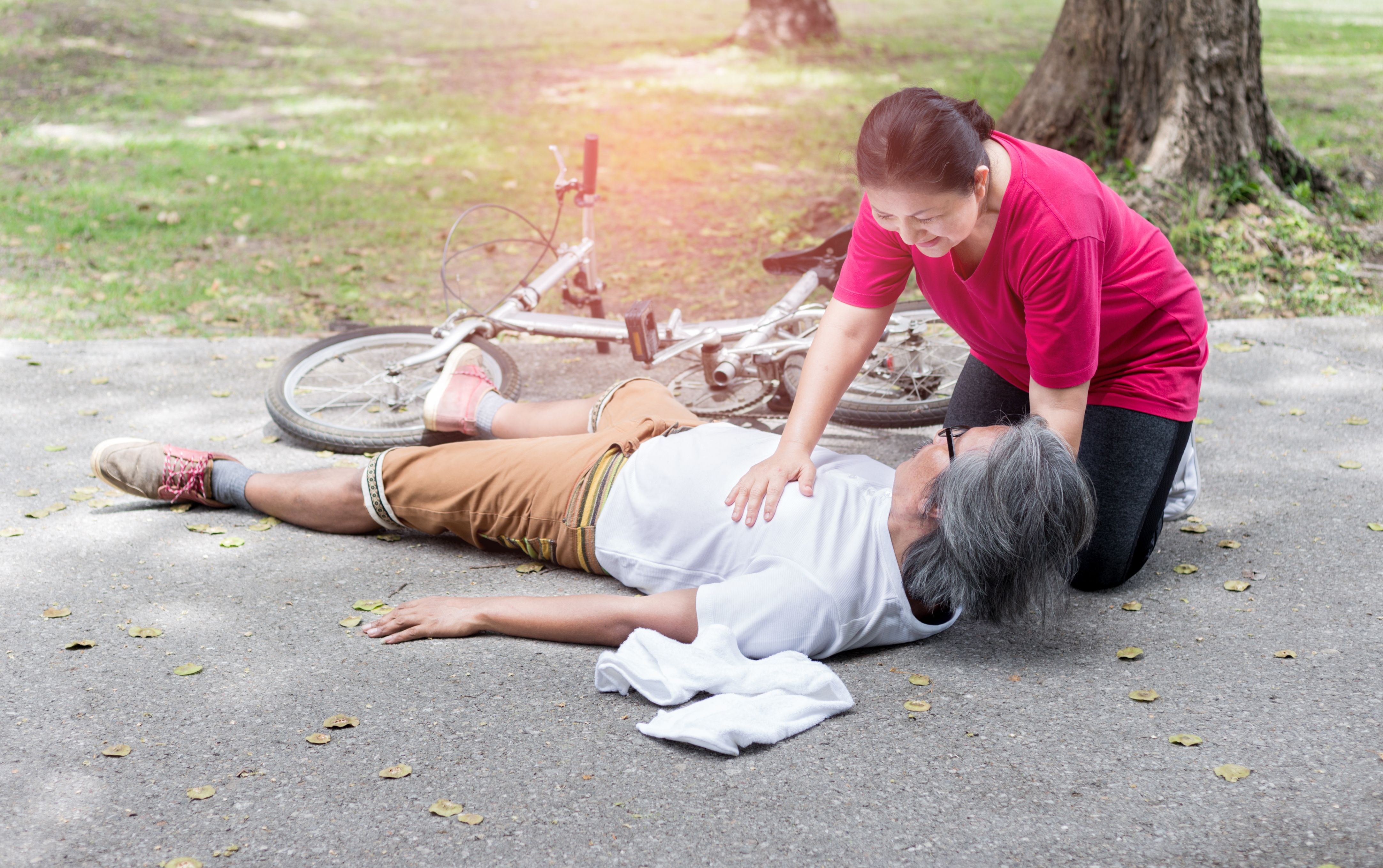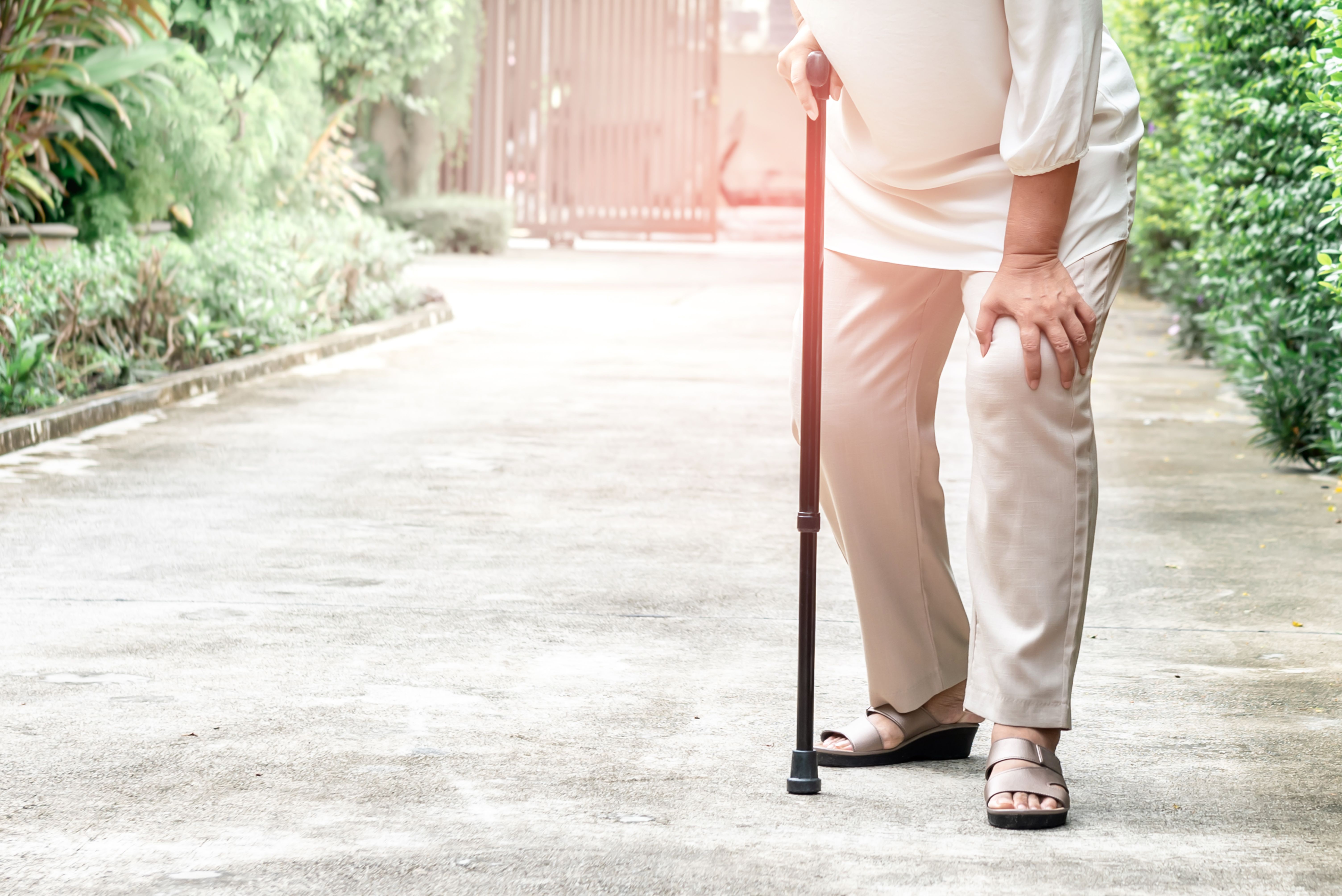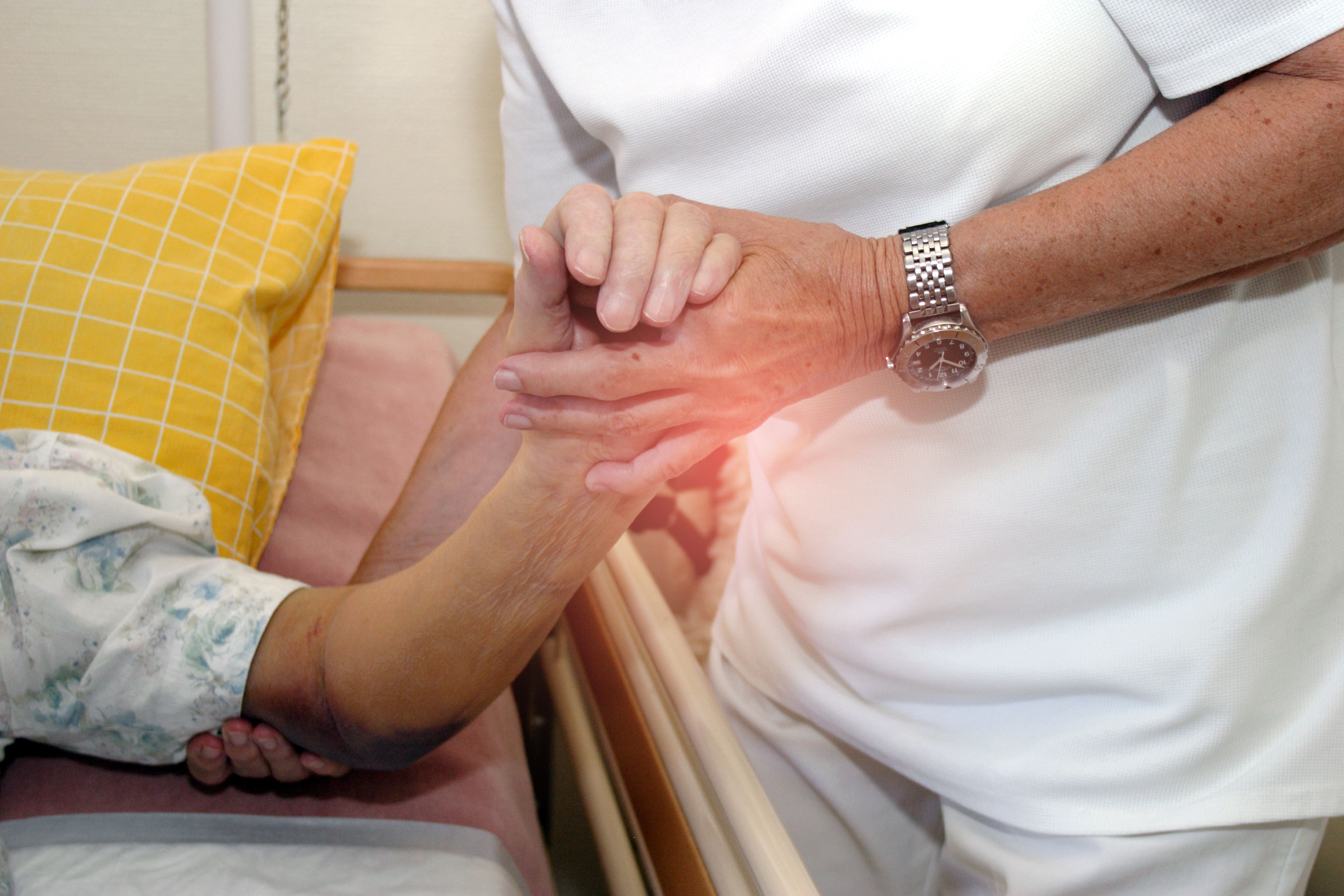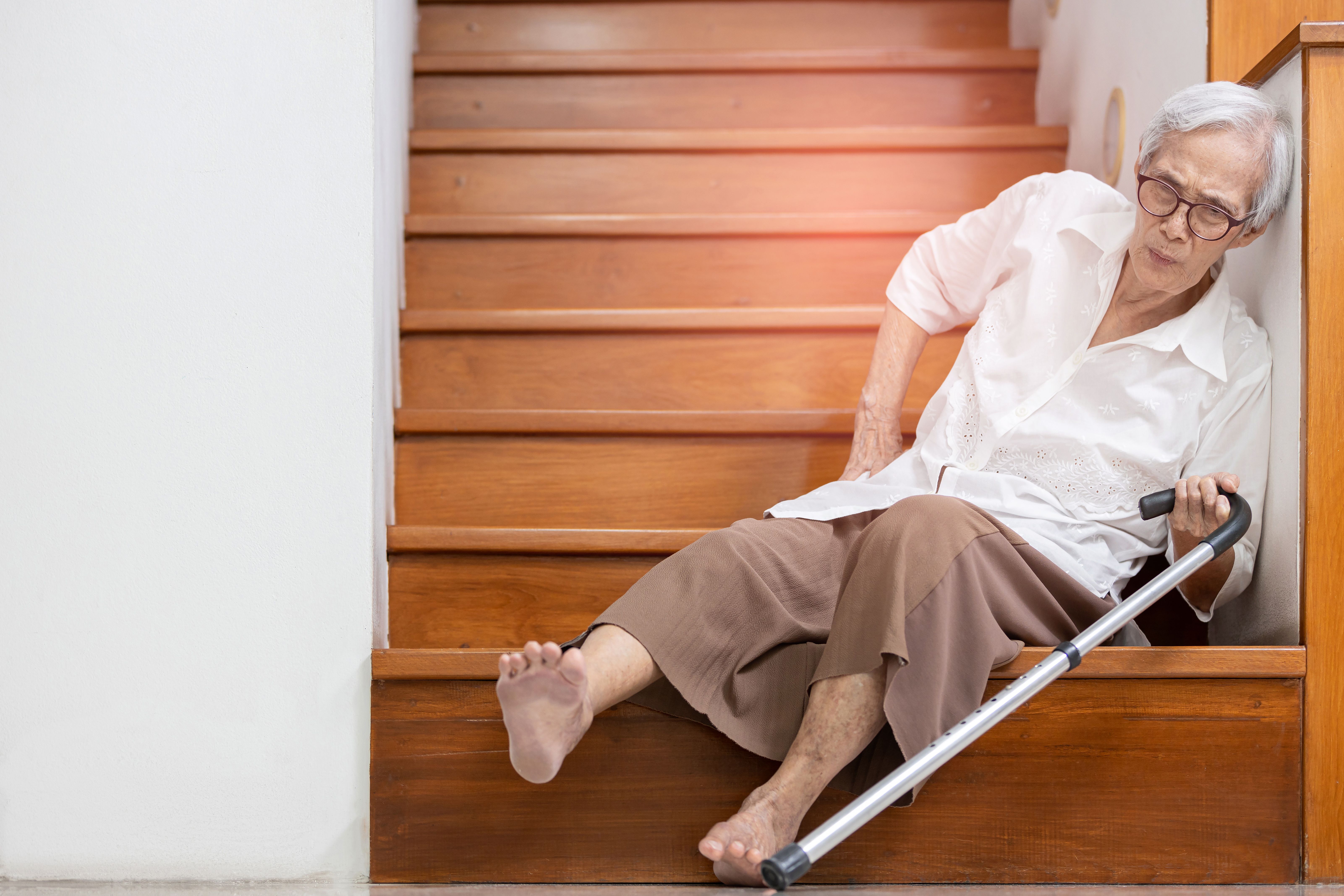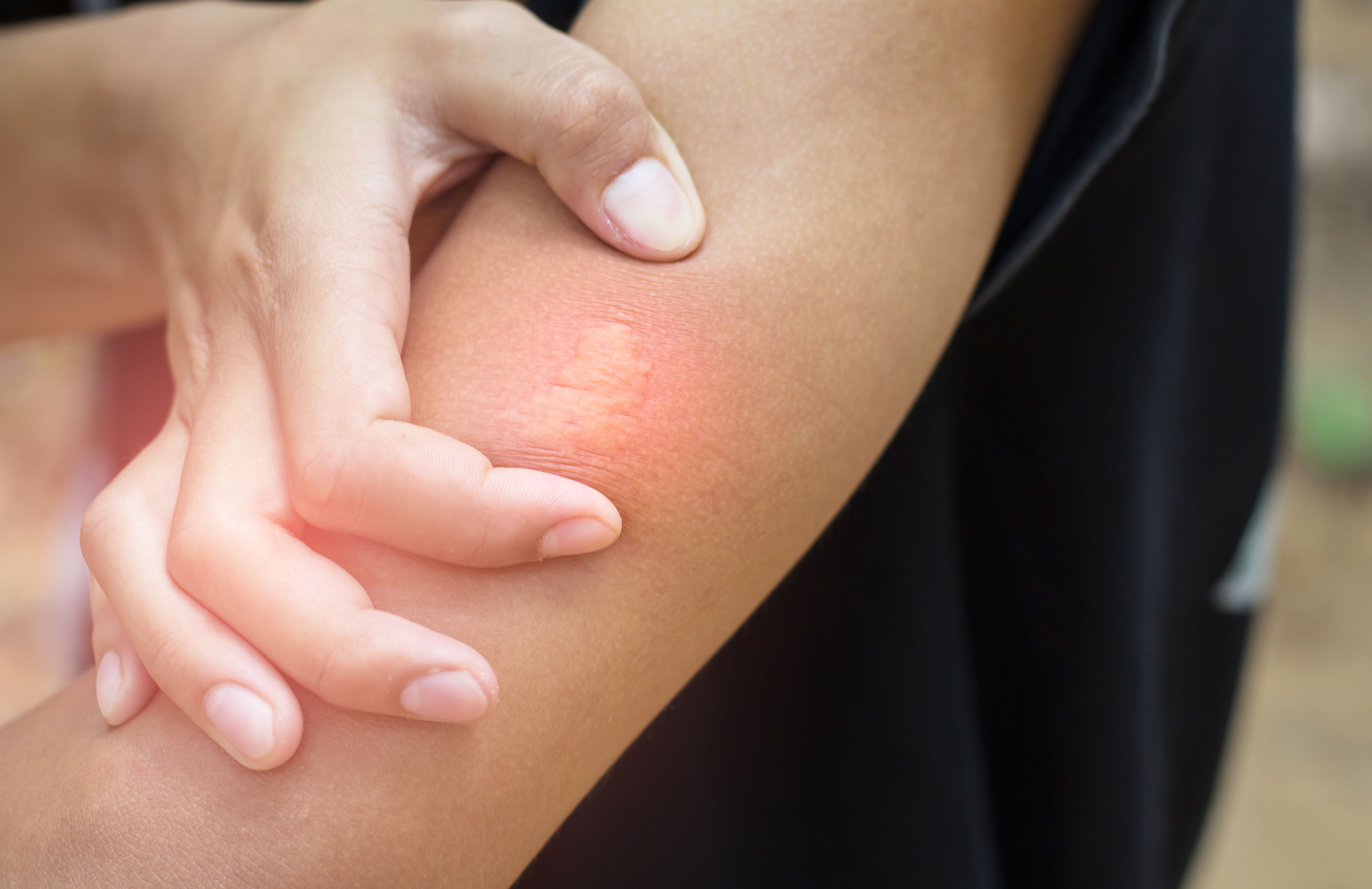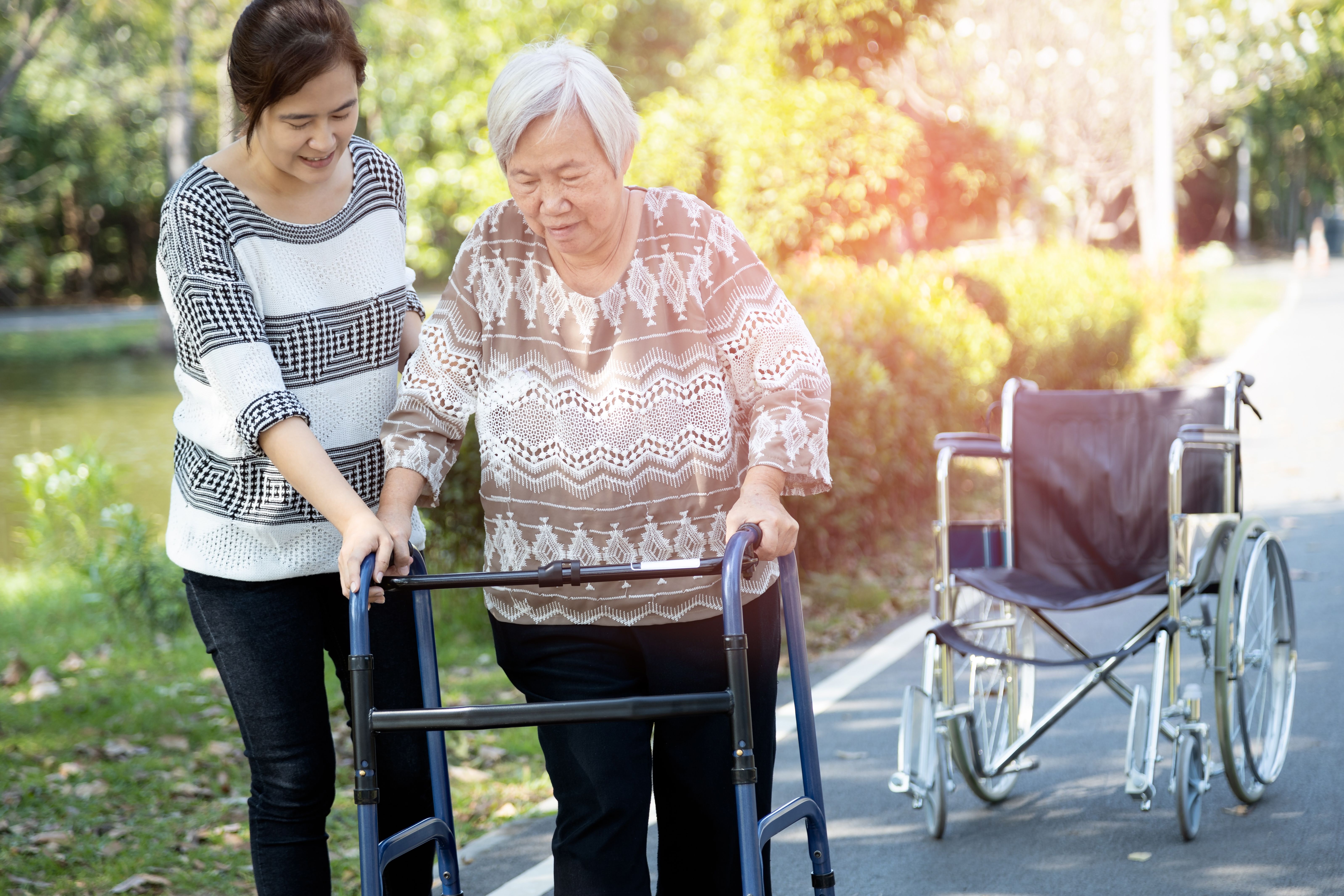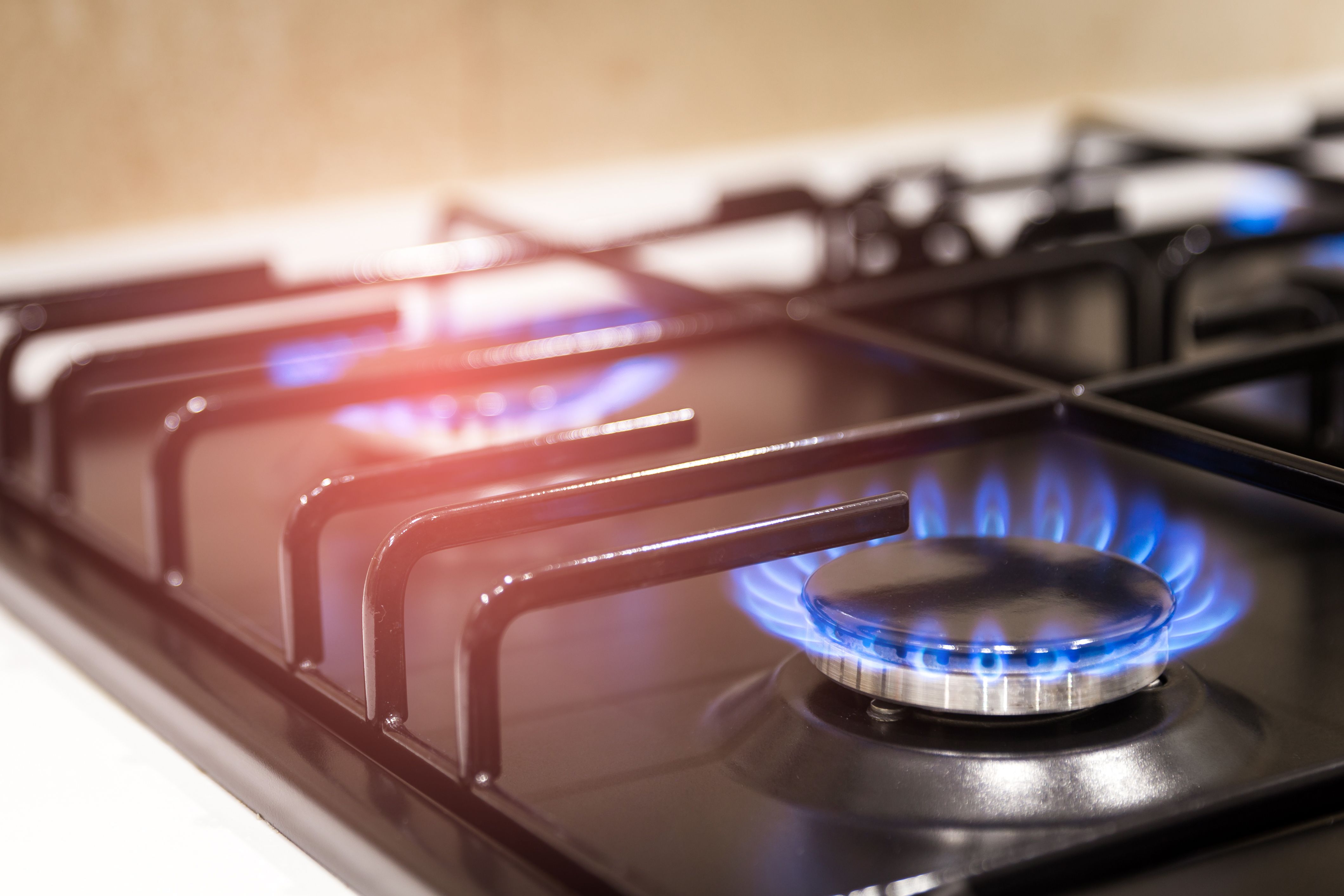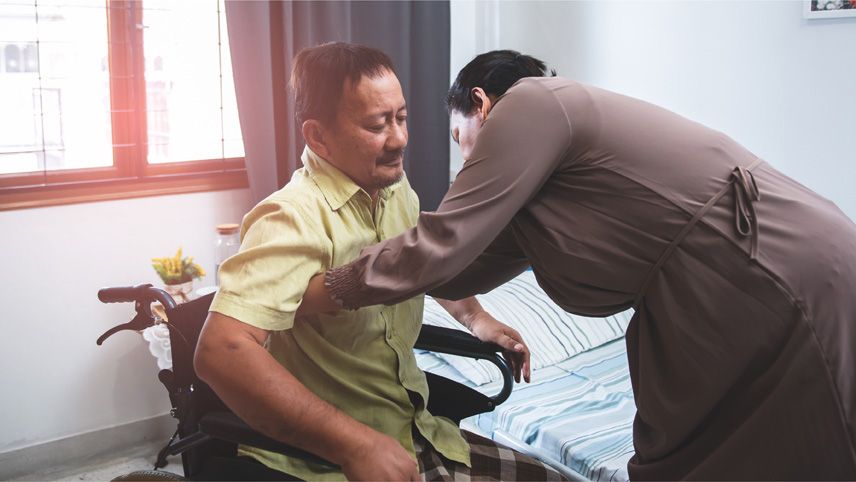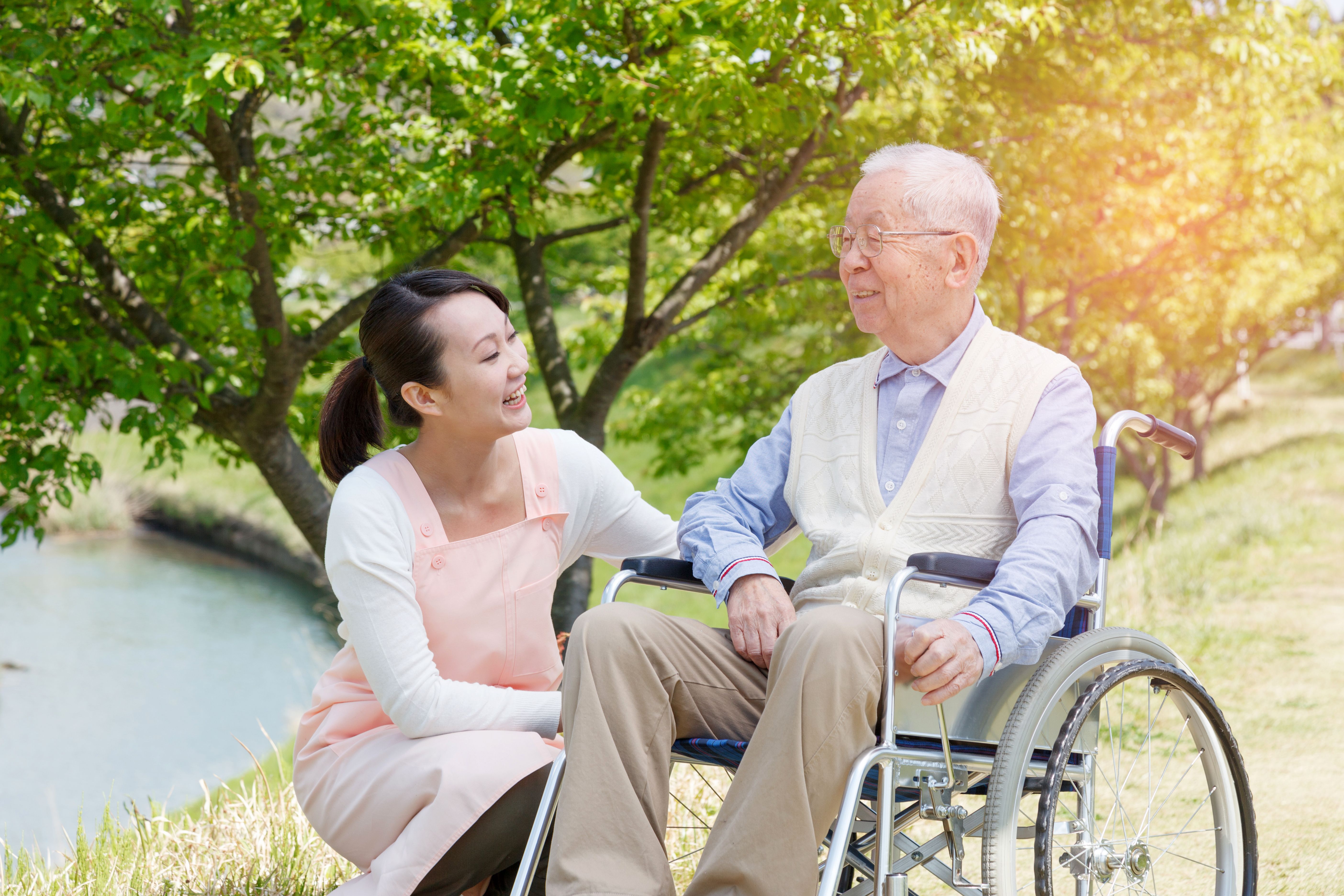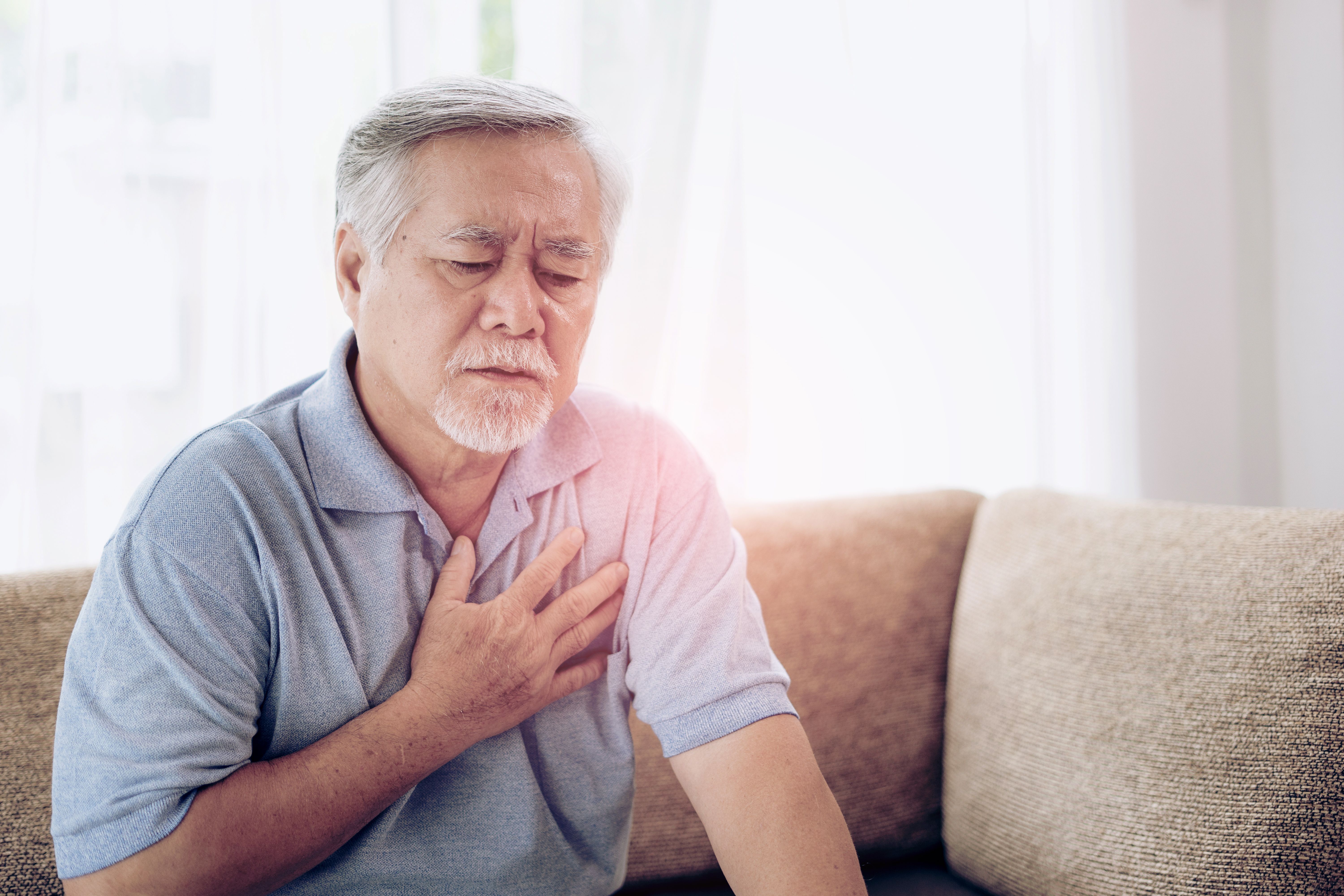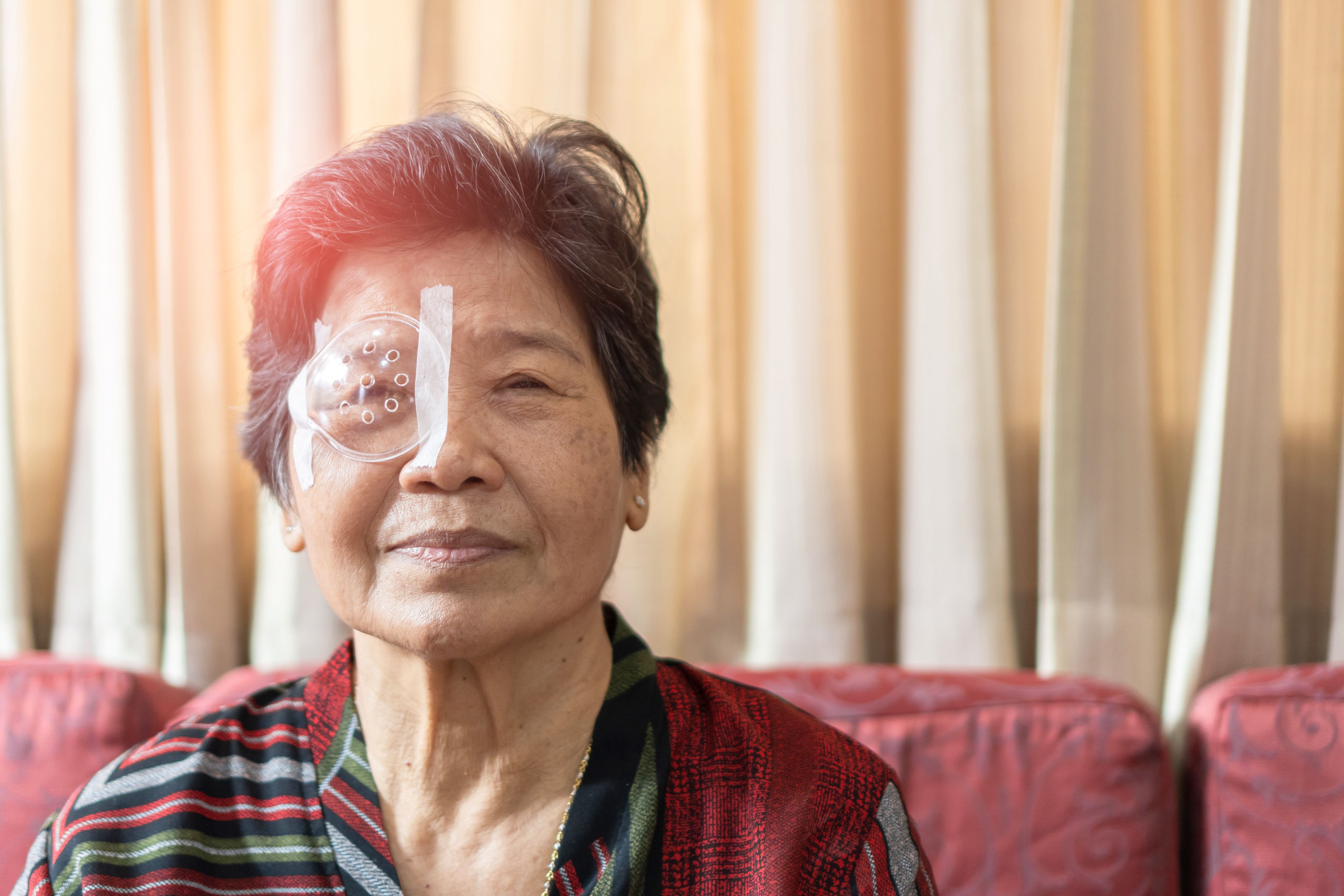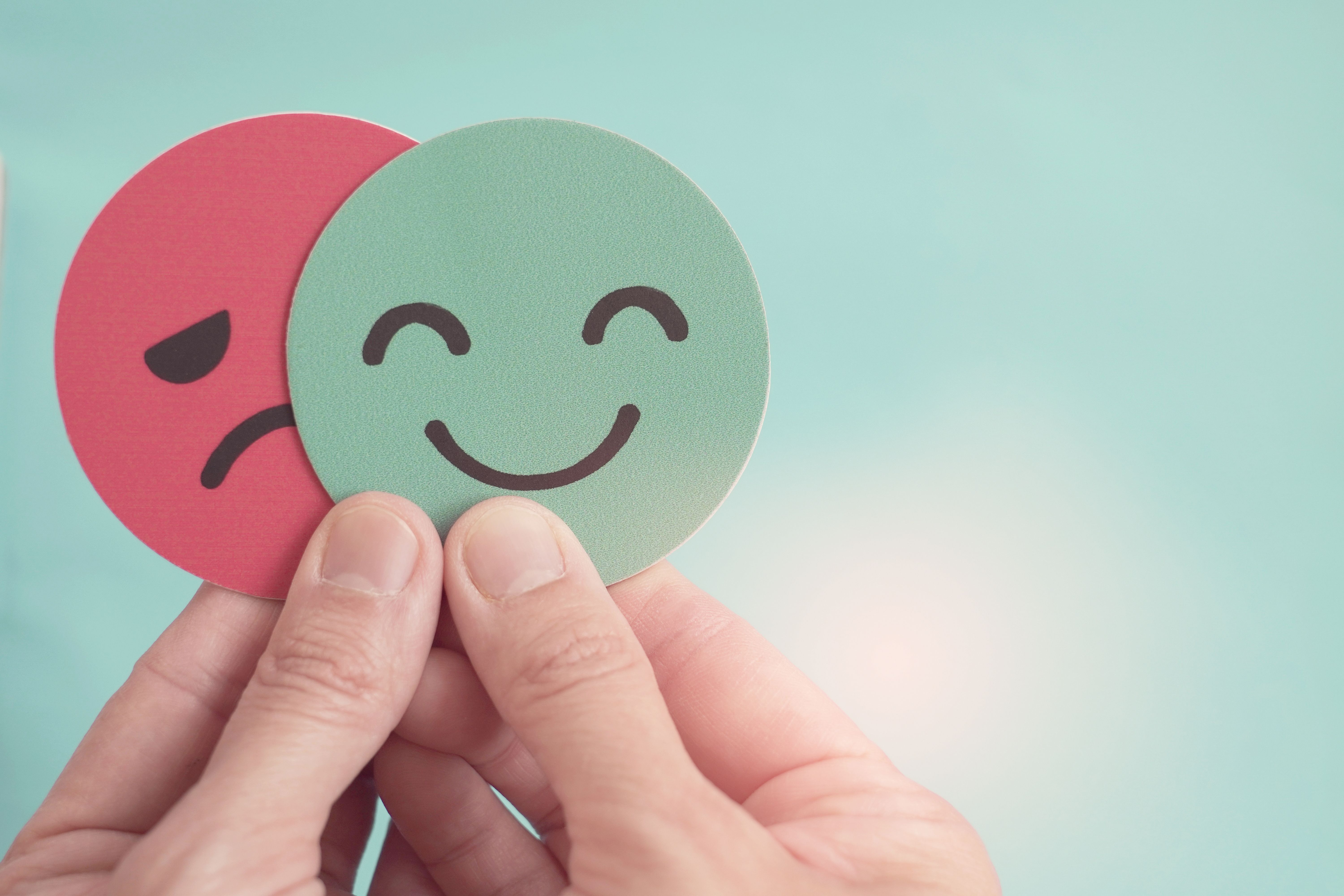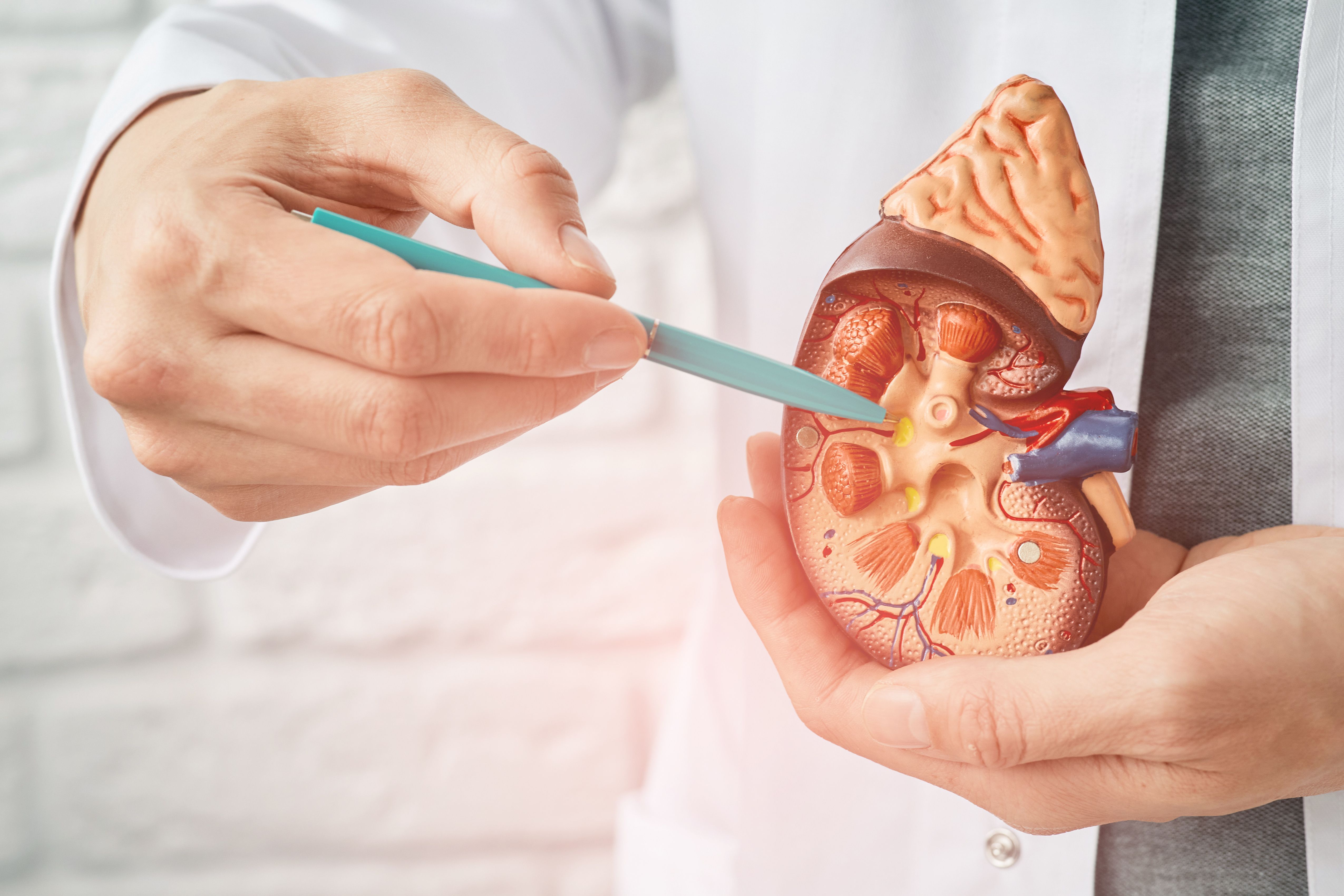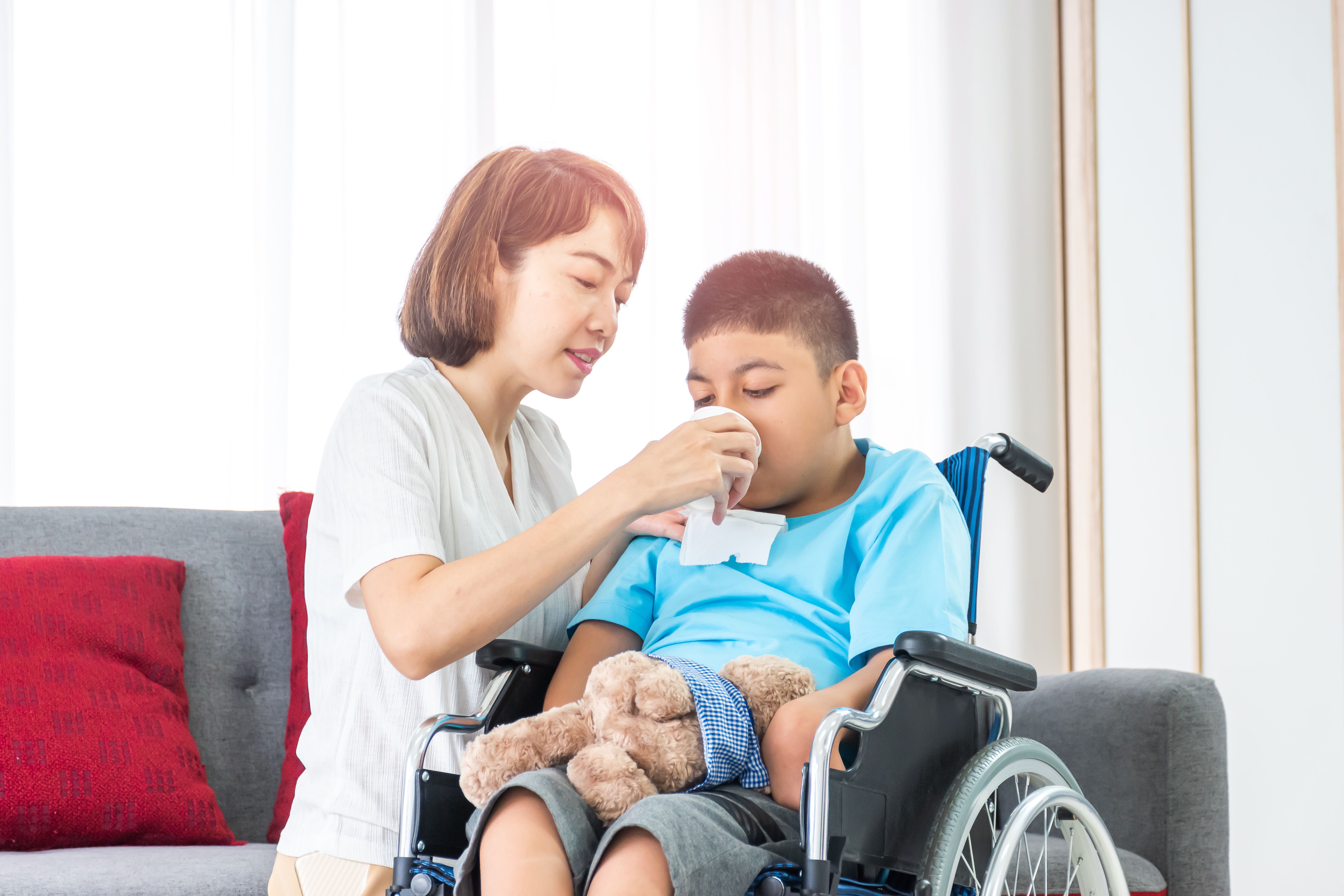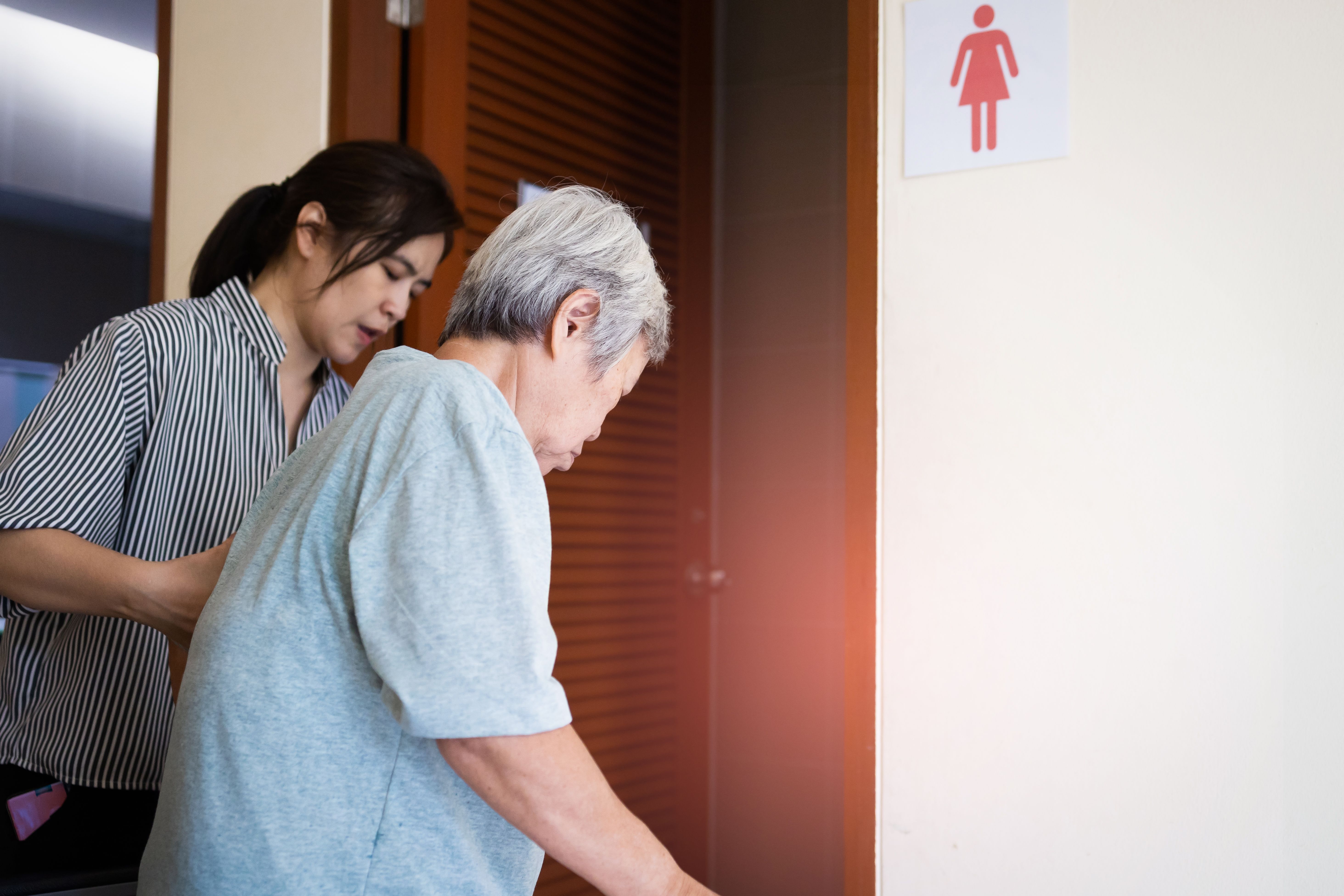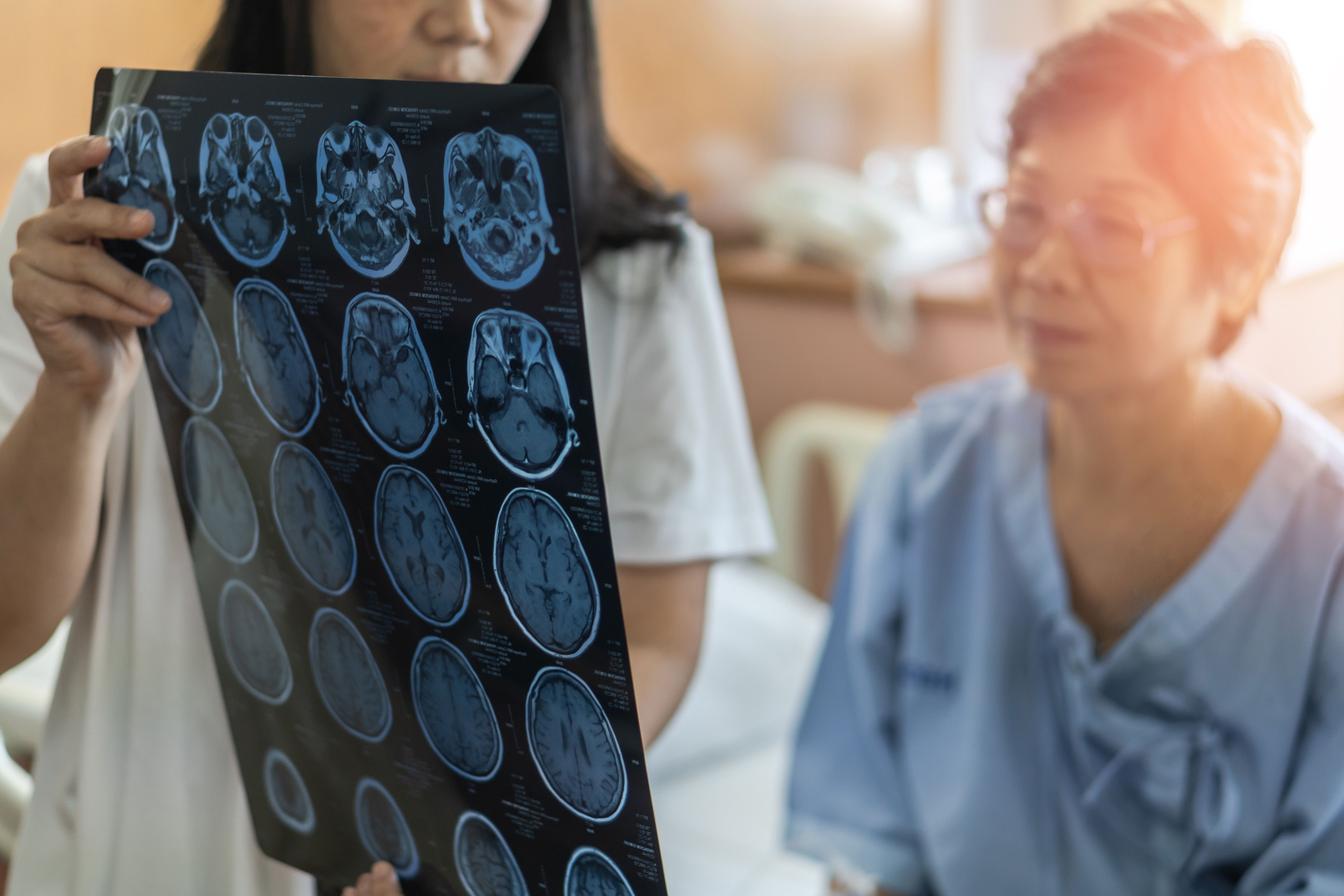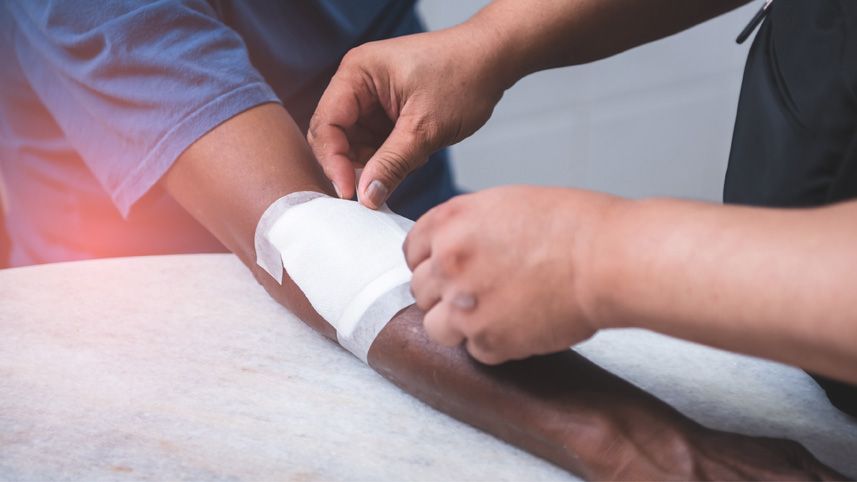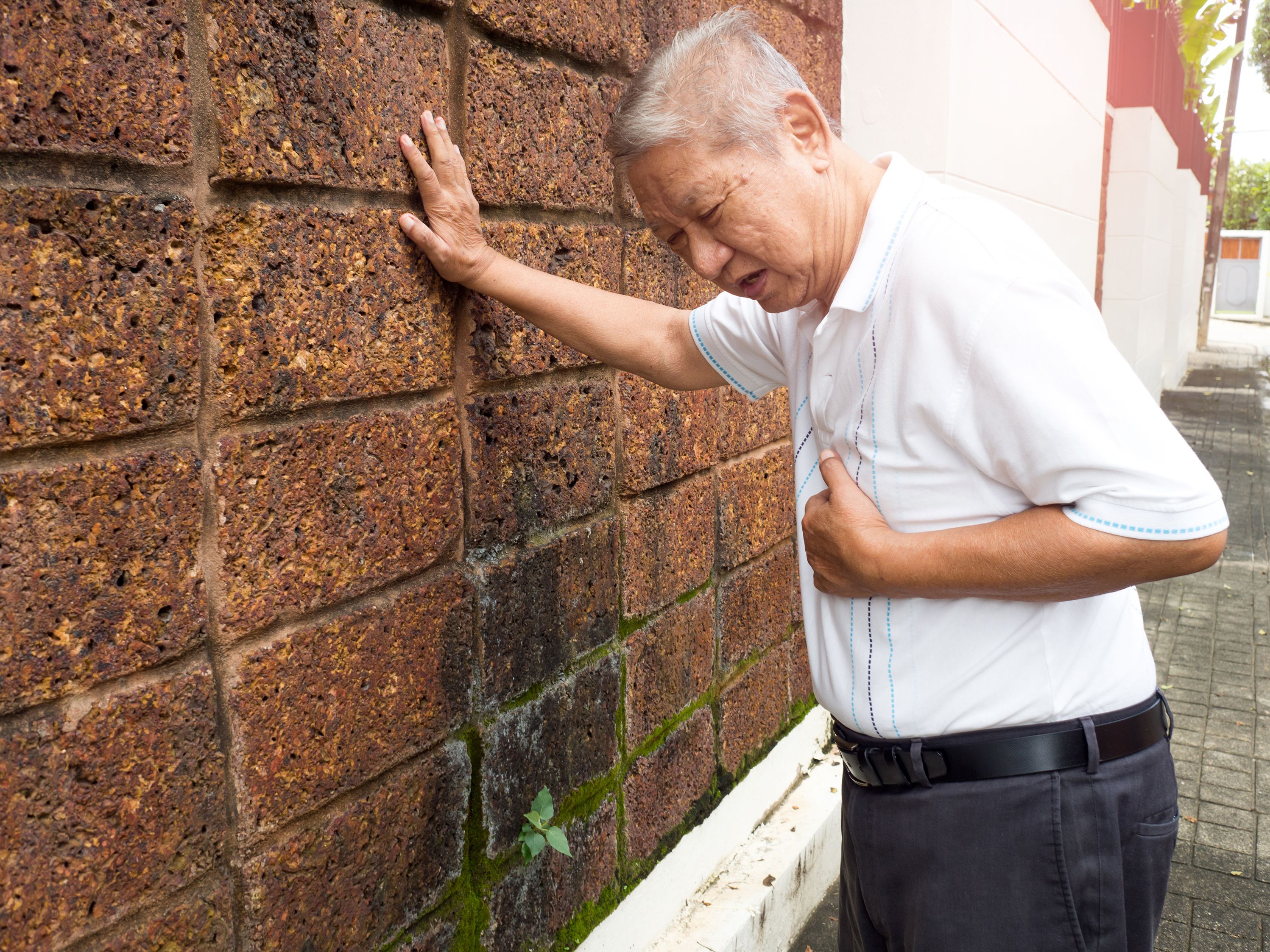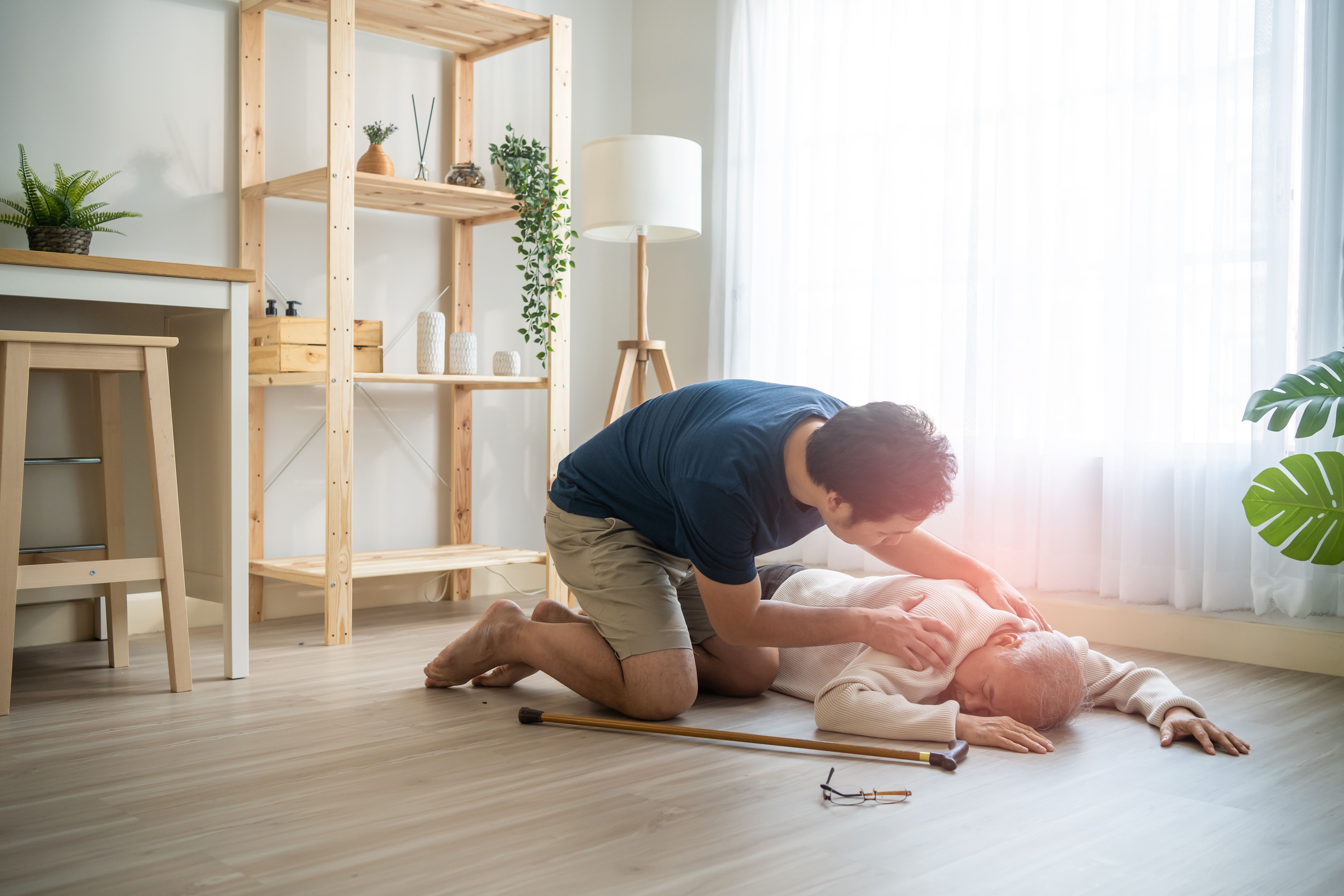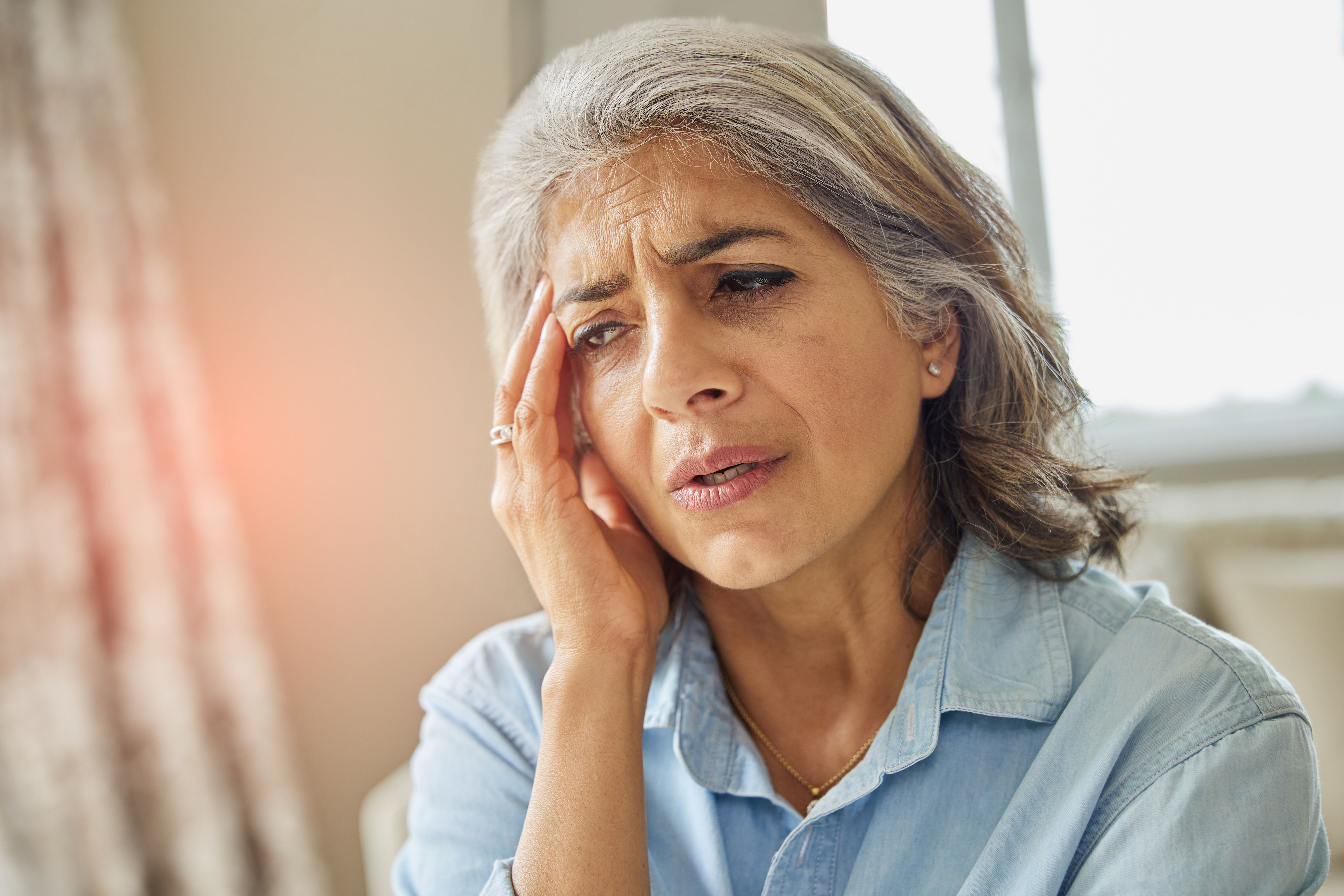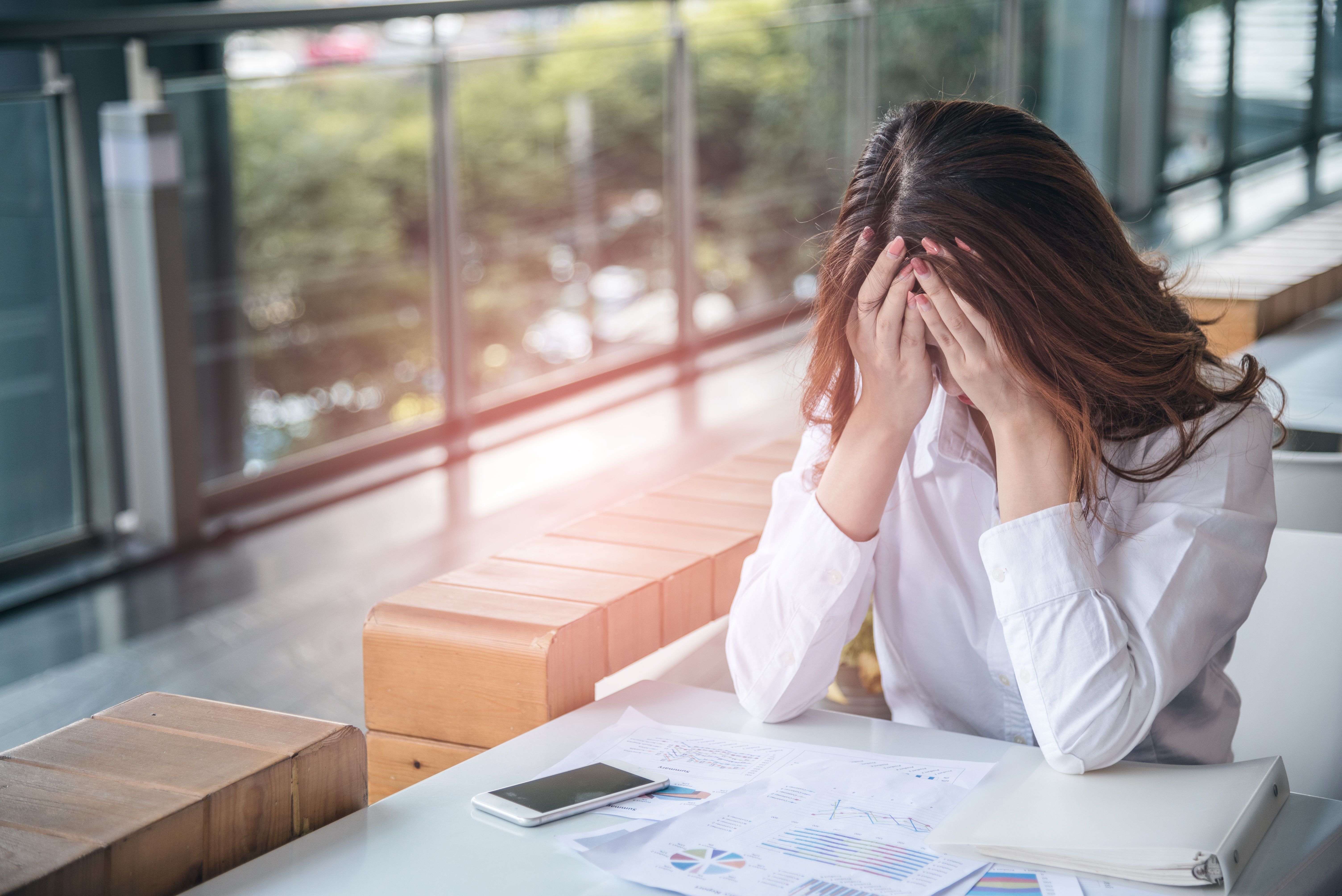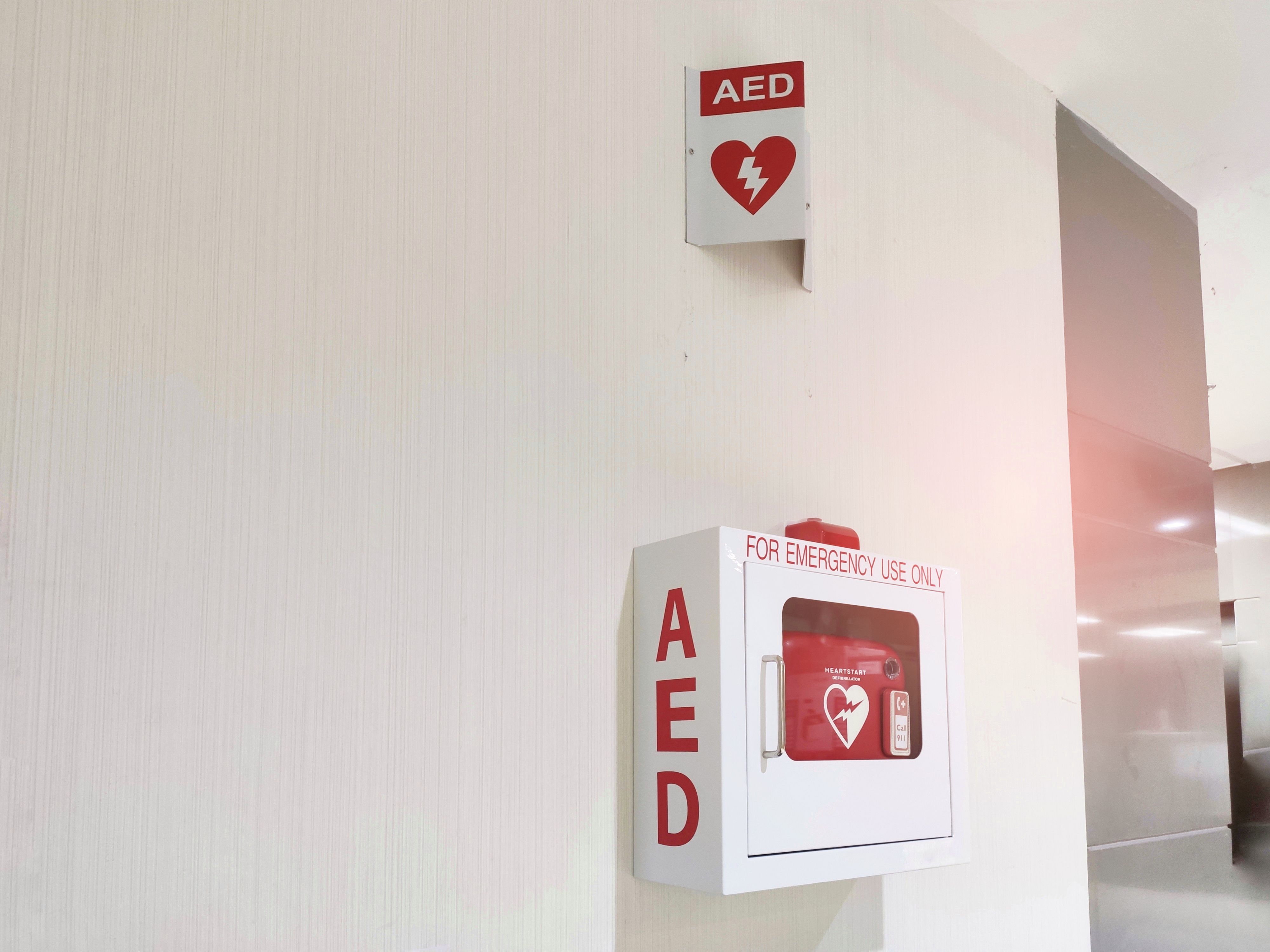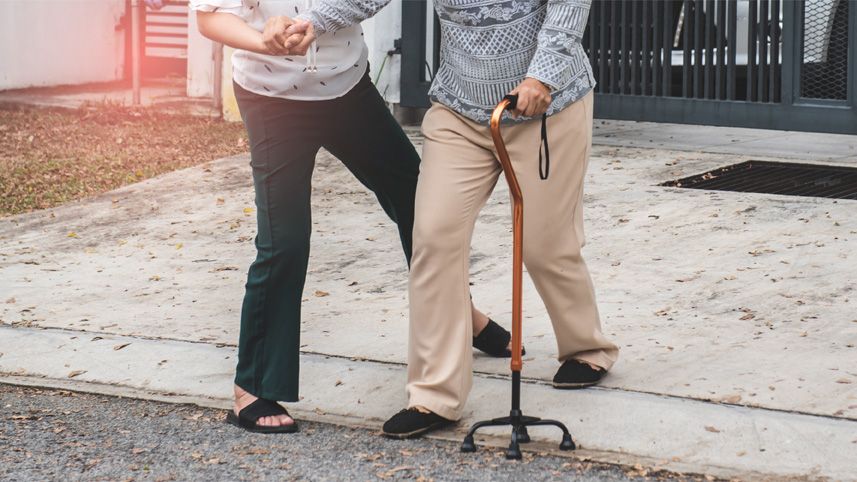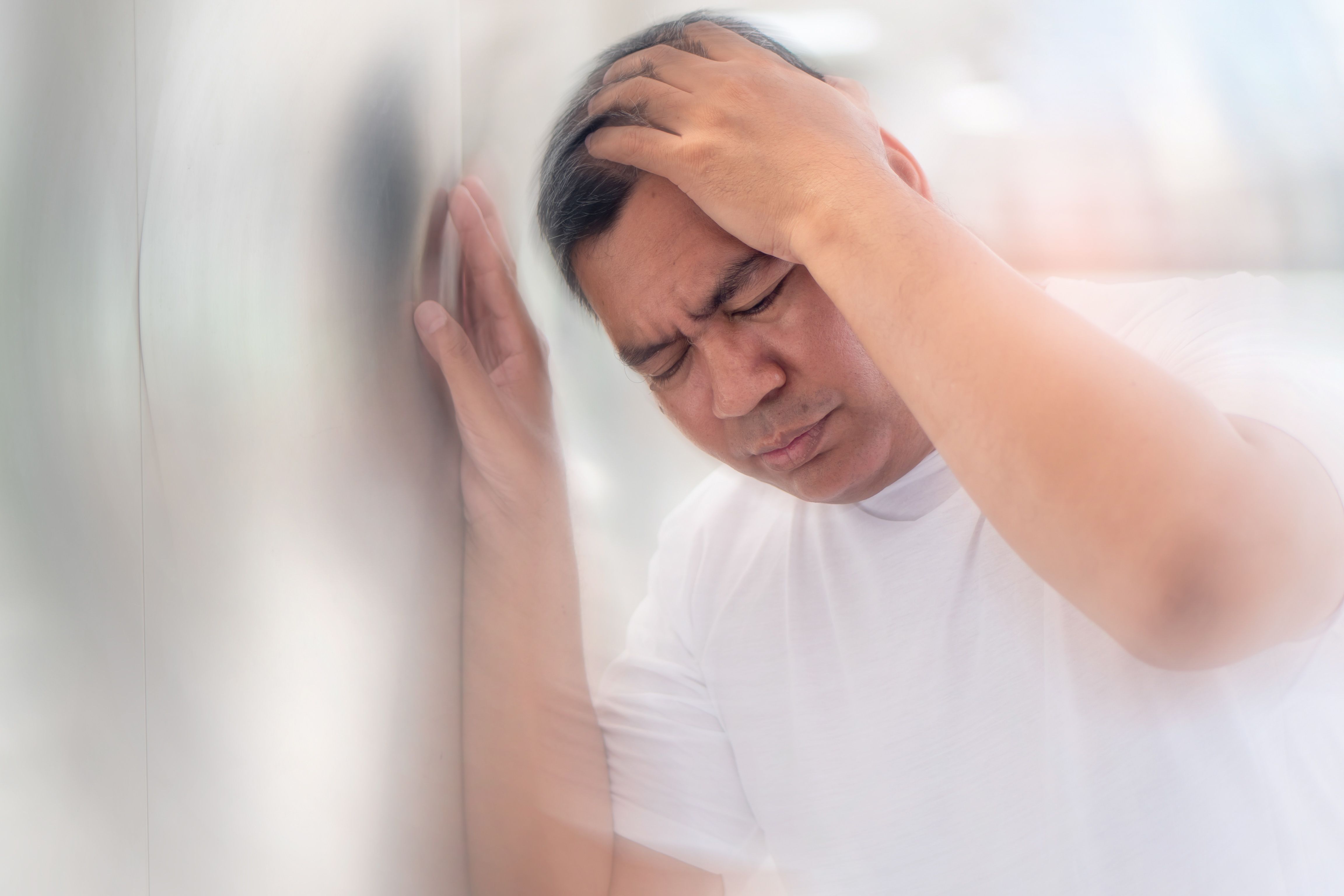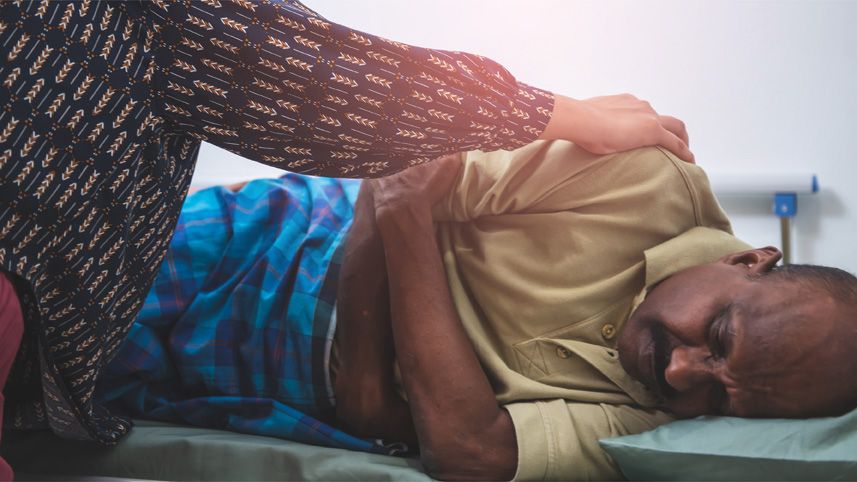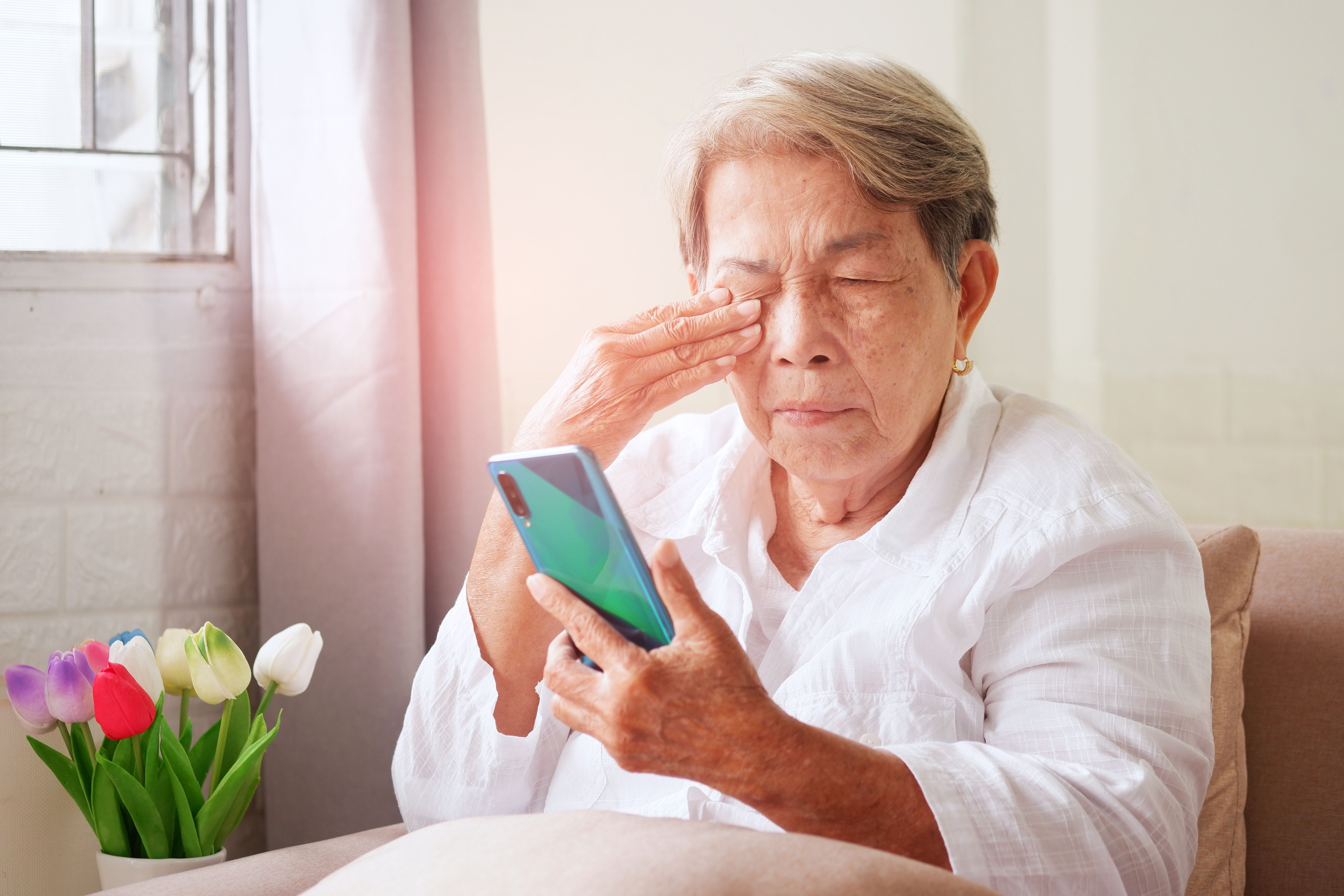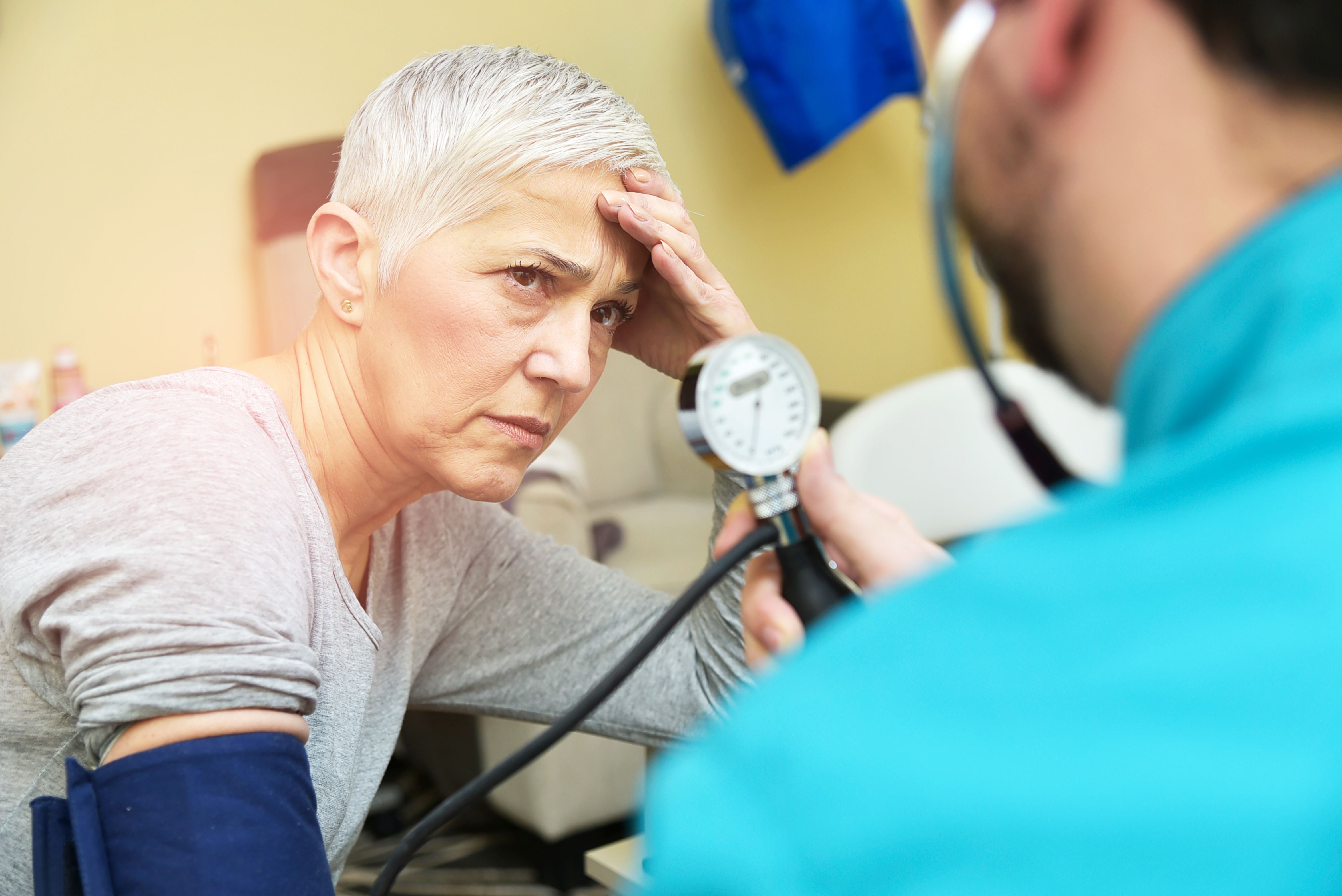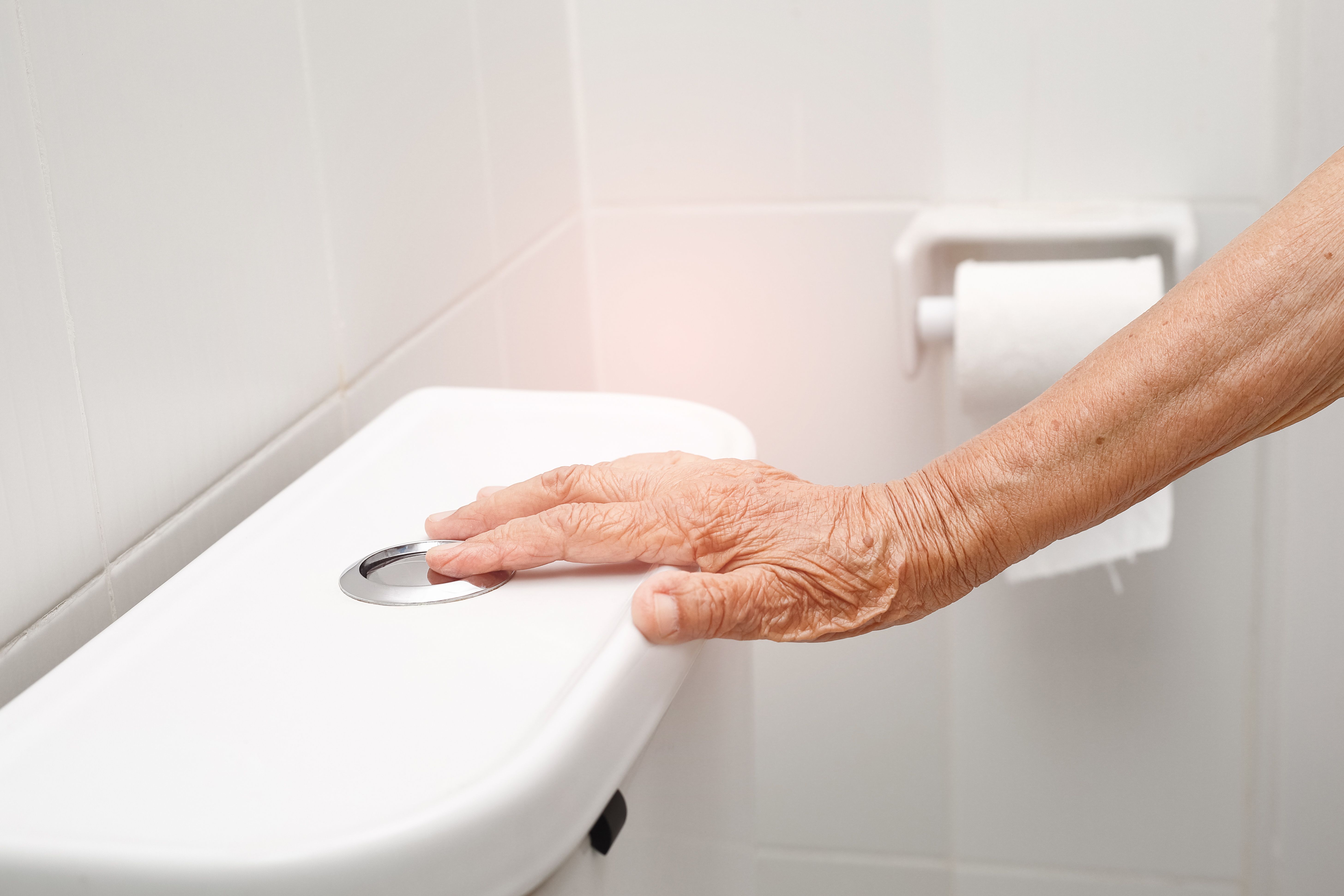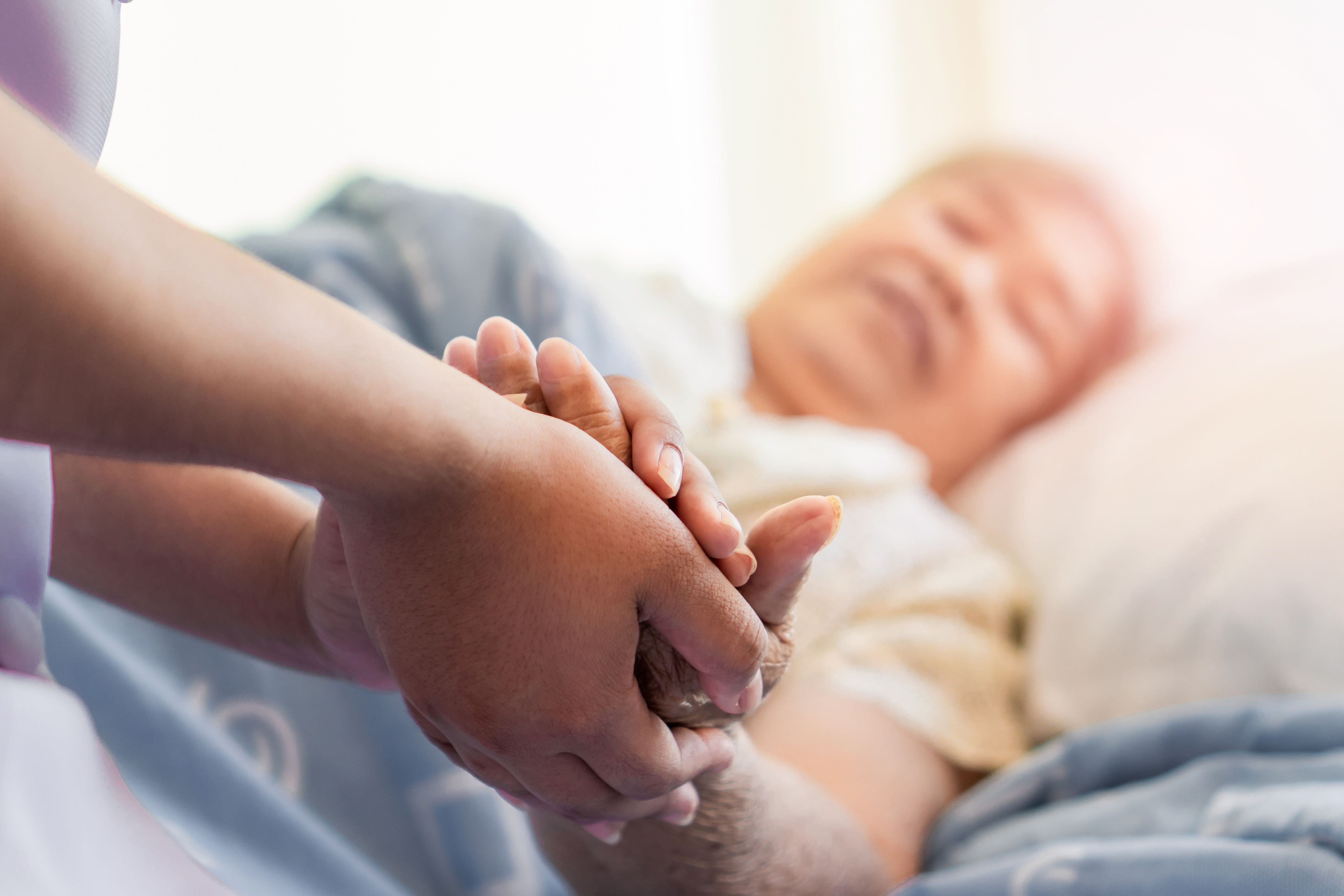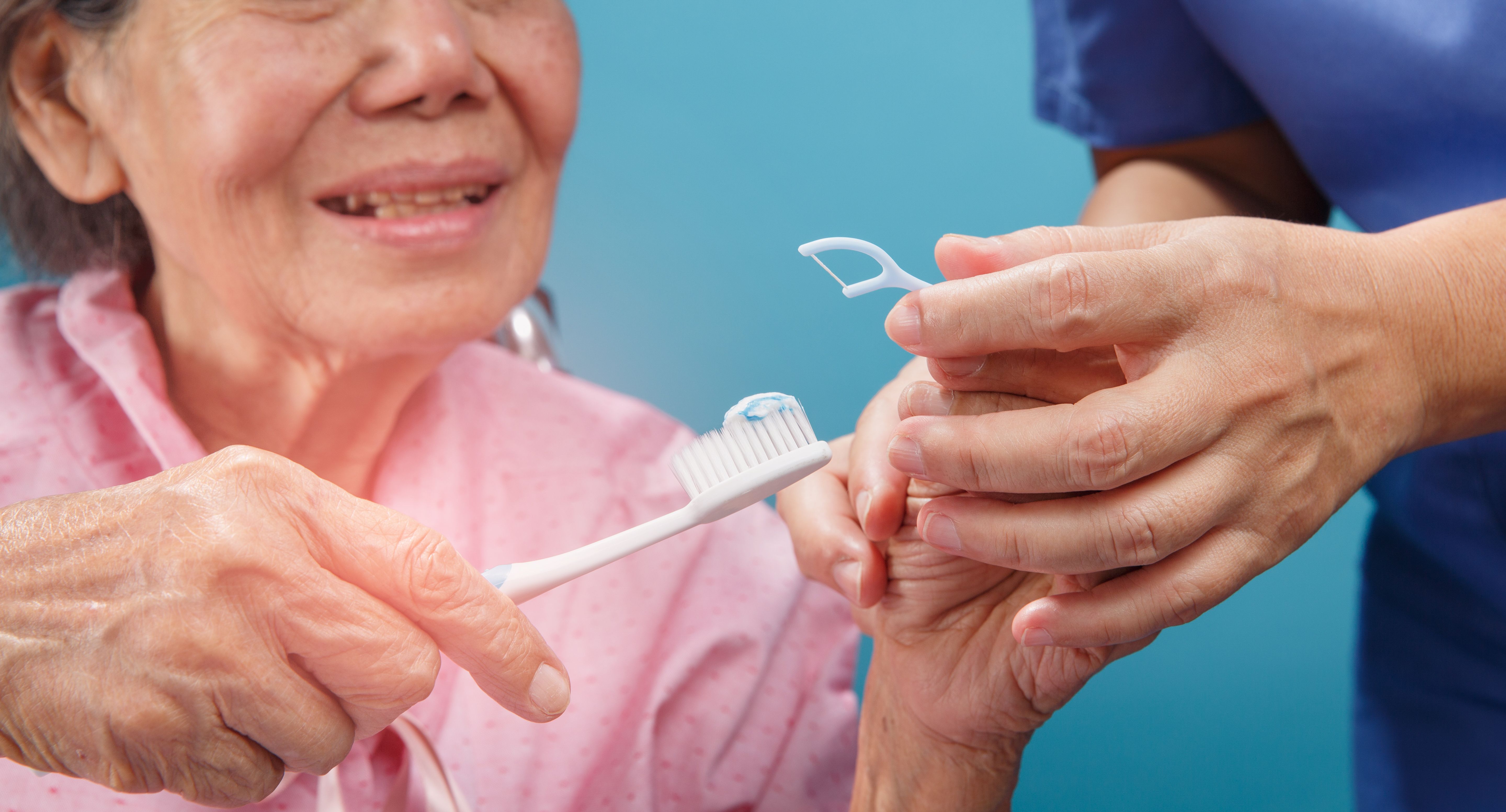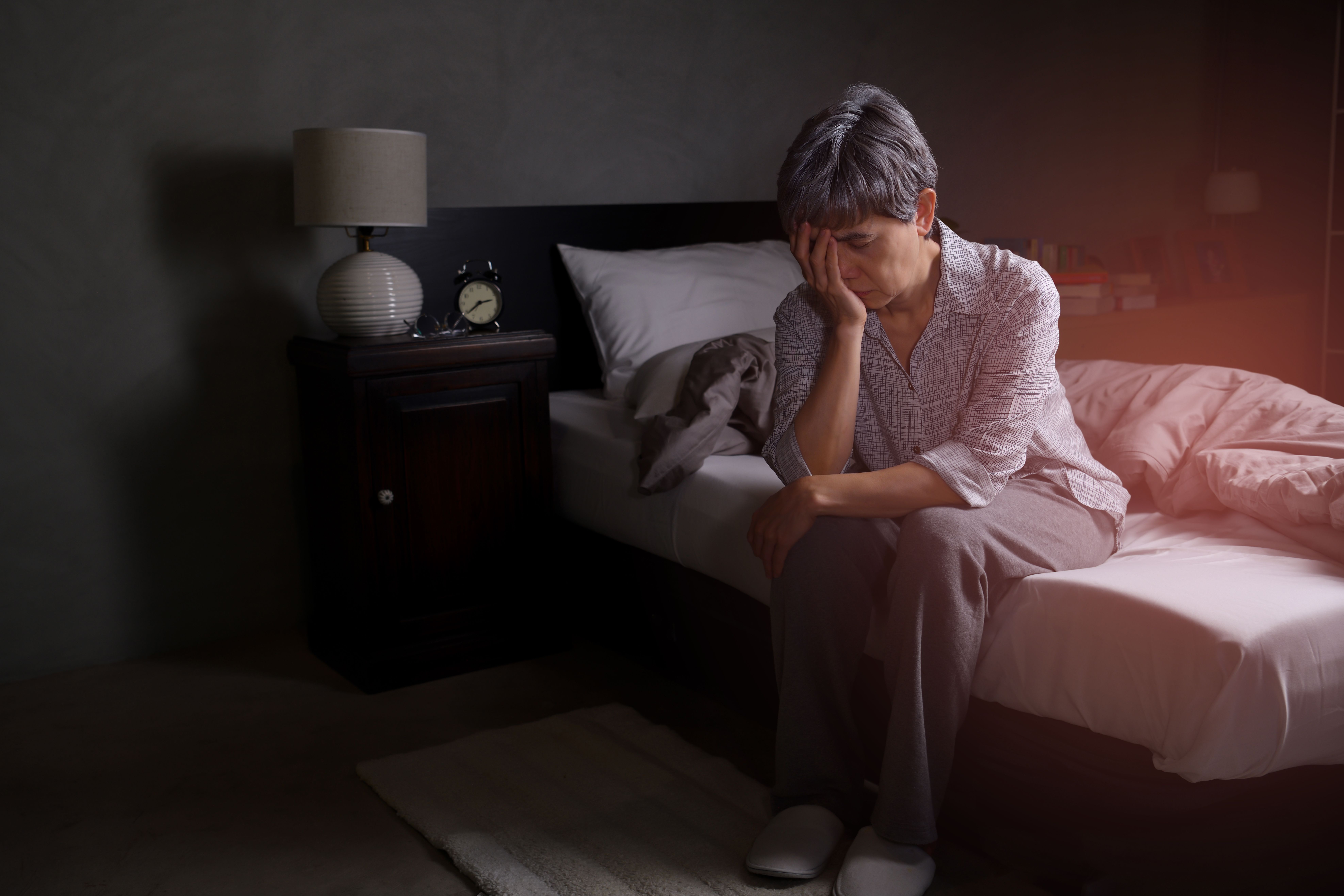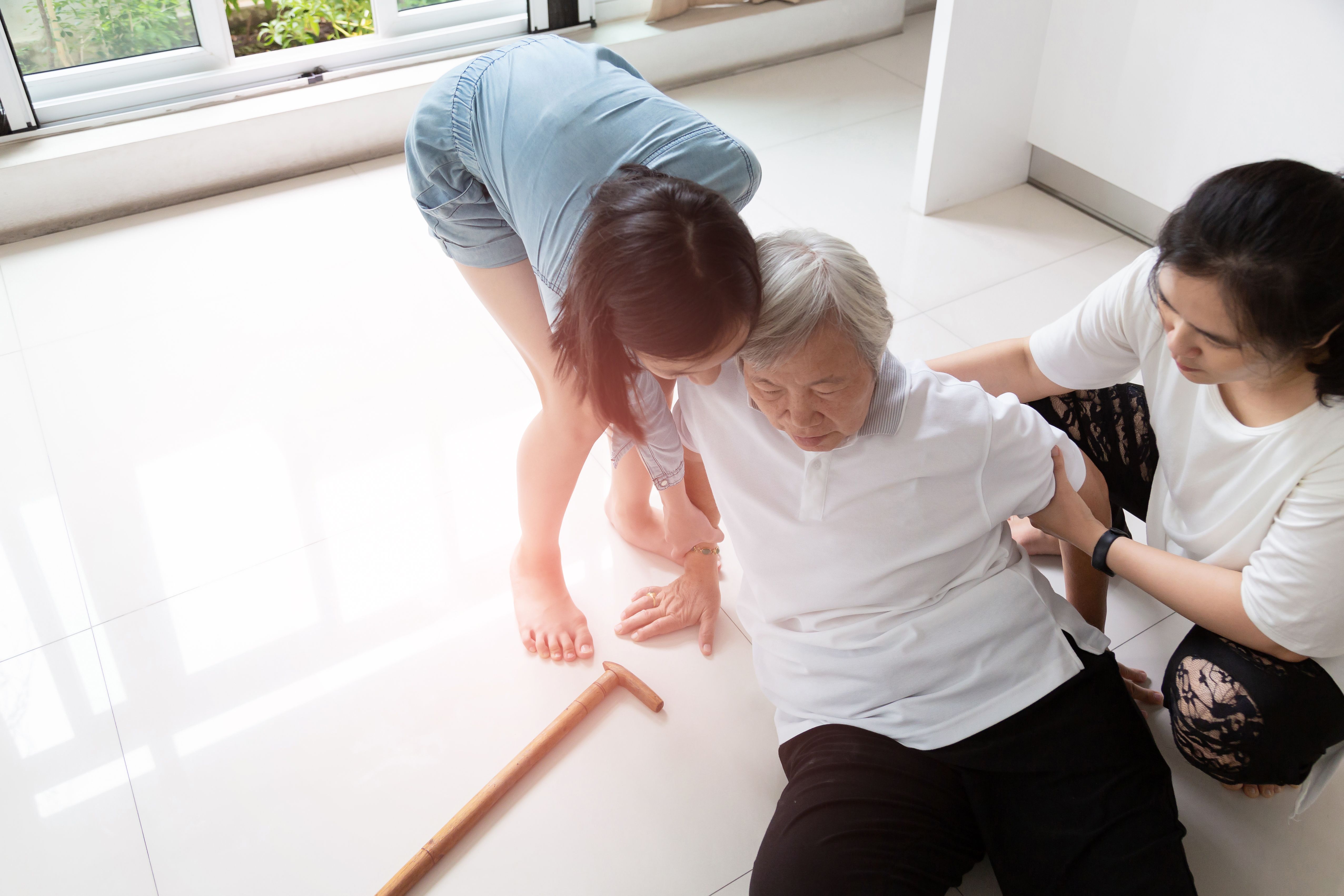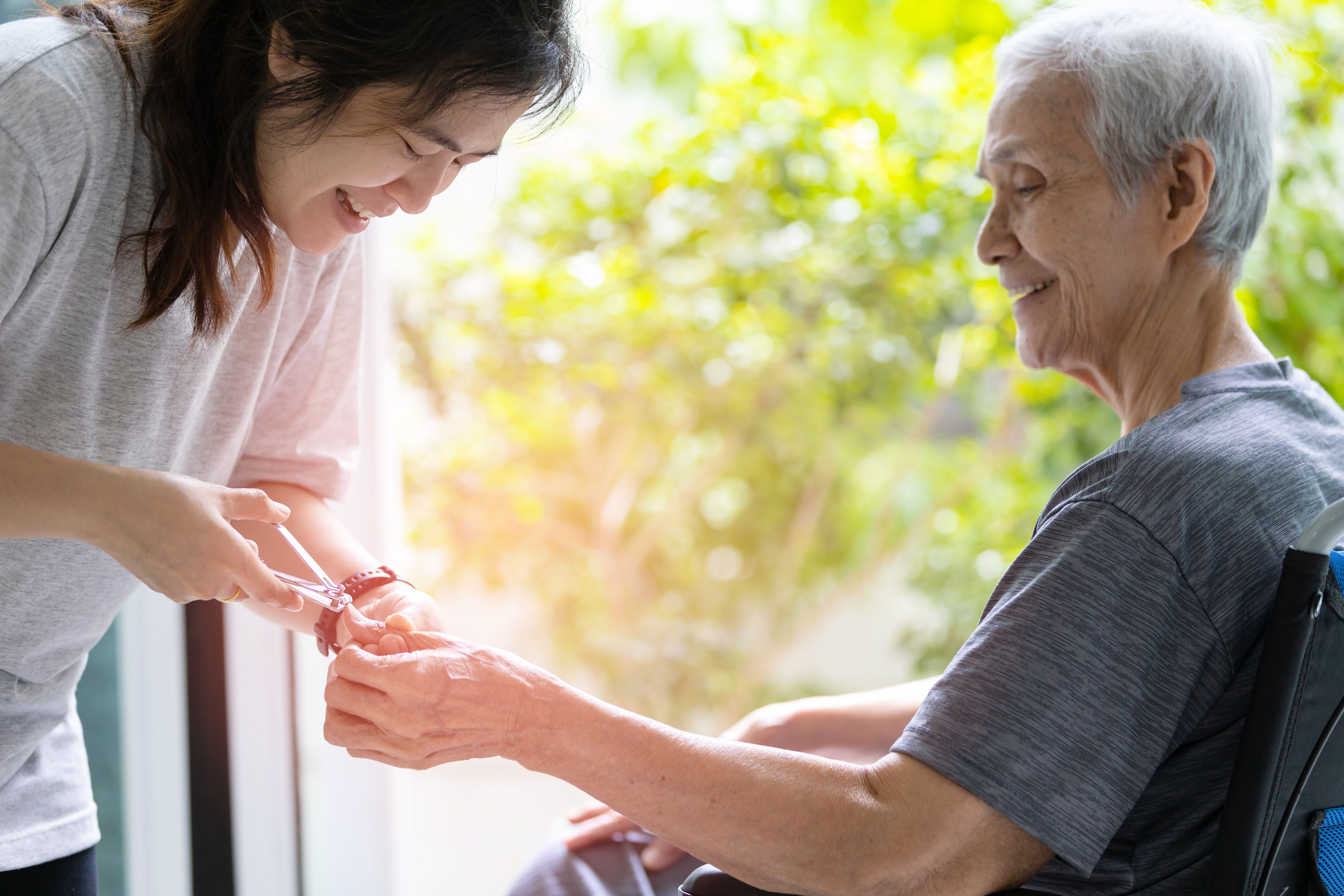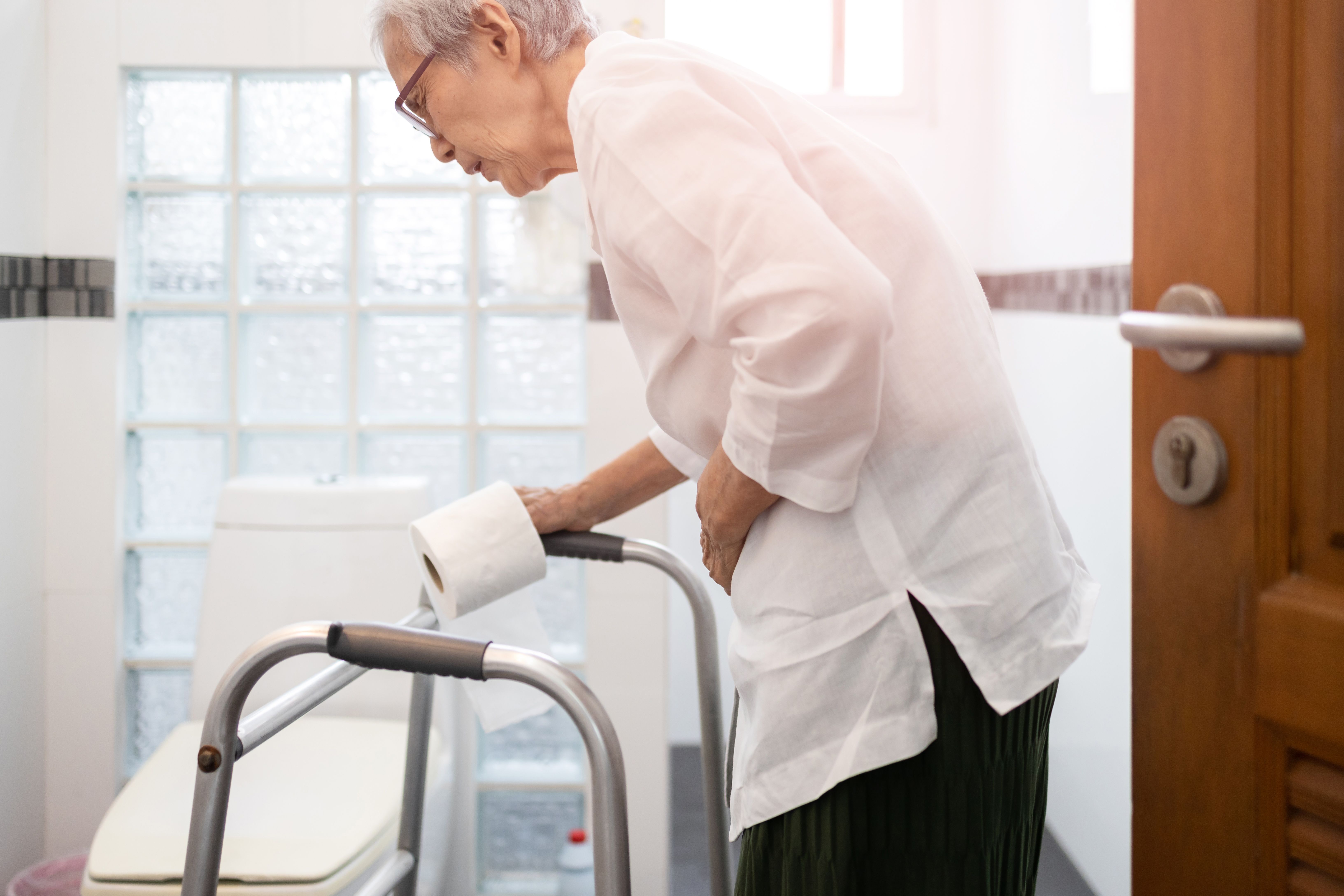Stop worrying and start living: Dealing with anxiety disorders
- CareBuddy
- 4 Mins Read
- 20 Sep 2022
- Mental Health

We’ve all been anxious from time to time. We wouldn’t be human otherwise. But when the anxiety becomes frequent, intense and incapacitating, that’s when it becomes a disorder. It starts eating into you and your day-to-day happiness and peace of mind. That’s when you need to do something about it.
Typical symptoms of anxiety disorders include
- A constant feeling of danger or doom
- Trembling and nervousness
- Rapid and heavy breathing (hyperventilation)
- Excessive sweating that cannot be explained by temperature, humidity or physical activity
- Difficulty sleeping
- Gastrointestinal problems such as gastritis
- Weakness and tiredness
- Difficulty concentrating on anything other than what’s currently causing anxiety
- Increased heart rate
- Overall nervousness
Specific types of anxiety disorders include
- Generalised anxiety disorder: Persistent anxiety about many activities and events, including ordinary everyday ones.
- Panic disorder: Sudden episodes of elevated anxiety or terror. These may involve hyperventilation, chest pain and/or heart palpitations.
- Agoraphobia: Fear of being in an unsafe environment with no chance of escape.
- Social anxiety disorder: Anxiety involved in socialising due to fear of being judged negatively.
- Substance-induced anxiety disorder: Anxiety due to drugs, medication or withdrawal syndrome.
Try to manage it through
- Breathing exercises: Practise slow and deep breathing because anxiety tends to speed up your breathing and make it shallower.
- Yoga: By focusing on breathing, stretching and relaxing, yoga helps relieve anxiety.
- Meditation: A proven way to restore inner calm and peace.
- Regular exercise: An increasing body of evidence shows that exercising regularly reduces stress.
If that’s not helping, it might be time to consult a doctor or mental health specialist. Indications that you may need to seek professional help are
- Constant, incapacitating anxiety that’s interfering with day-to-day activities.
- Unusual changes to behaviour, such as a drastic increase or decrease in appetite.
- Thoughts of suicide and self-harm.
A doctor or mental health expert can treat anxiety disorders through
- Psychotherapy: This involves working with a therapist to discuss thoughts, feelings and behaviours so that the source of anxiety can be pinpointed and addressed. Cognitive Behavioural Therapy (CBT) is an effective form of psychotherapy.
- Medication: Certain types of medication can alleviate anxiety. These include buspirone, anti-depressants, sedatives and beta blockers.
Anxiety disorders can cause (or be caused by) other mental health issues such as depression and sleeping disorders. So, it might be worth finding out about those other issues too.
Learn more about depression at [Read Article]
Read more about sleeping disorders at [Read Article]
